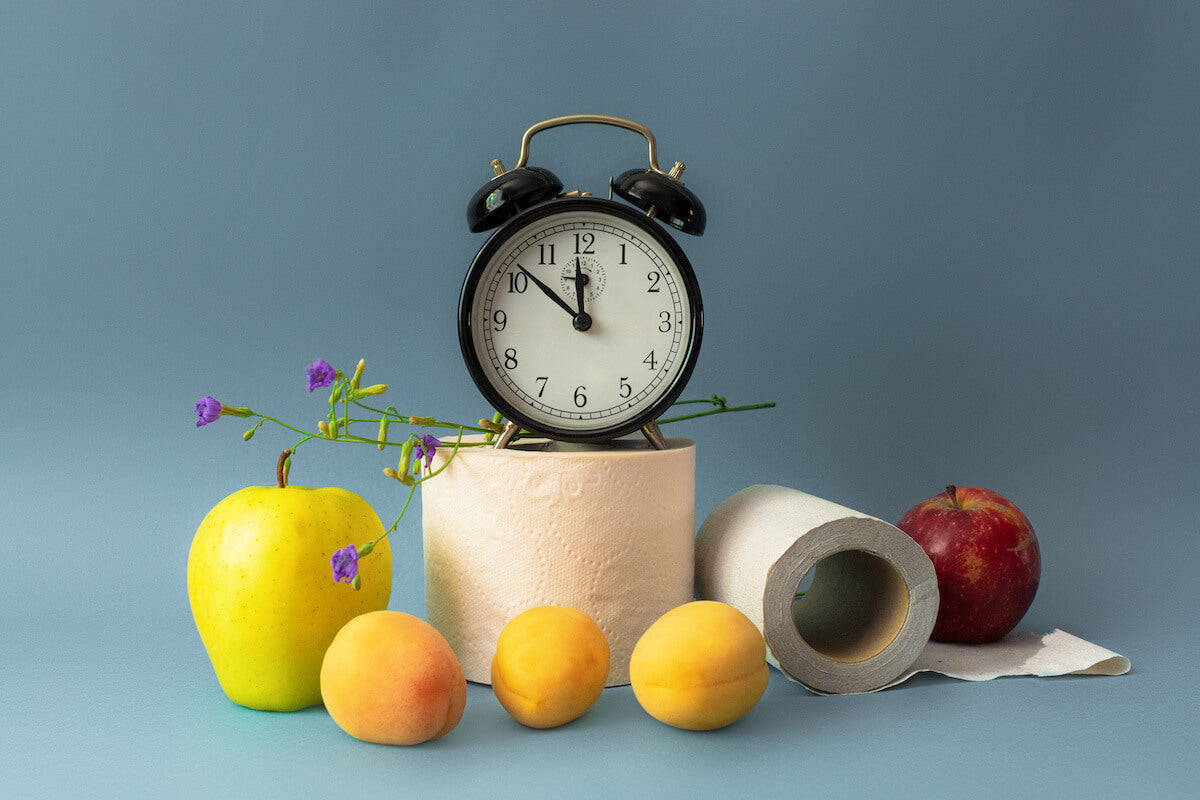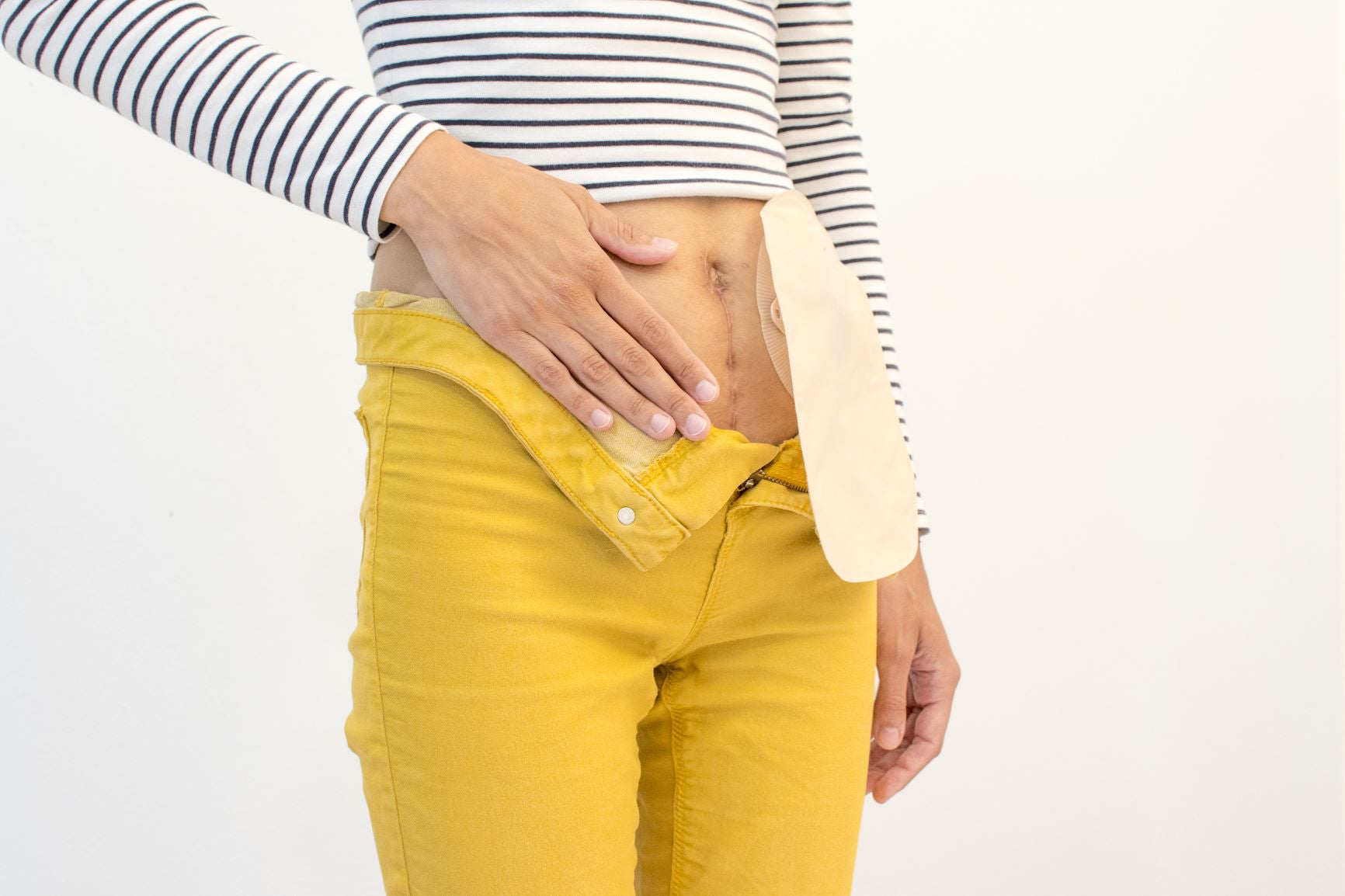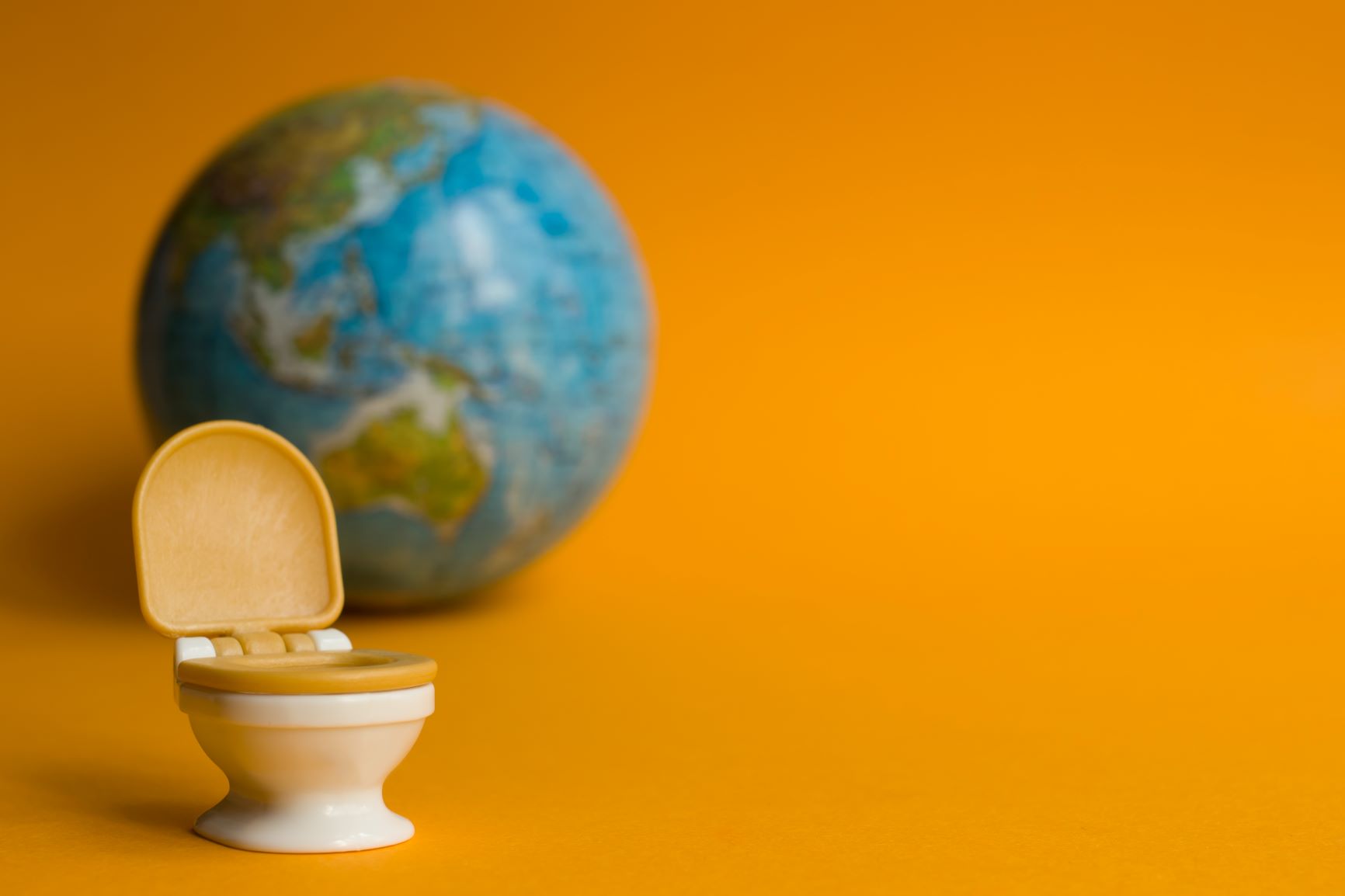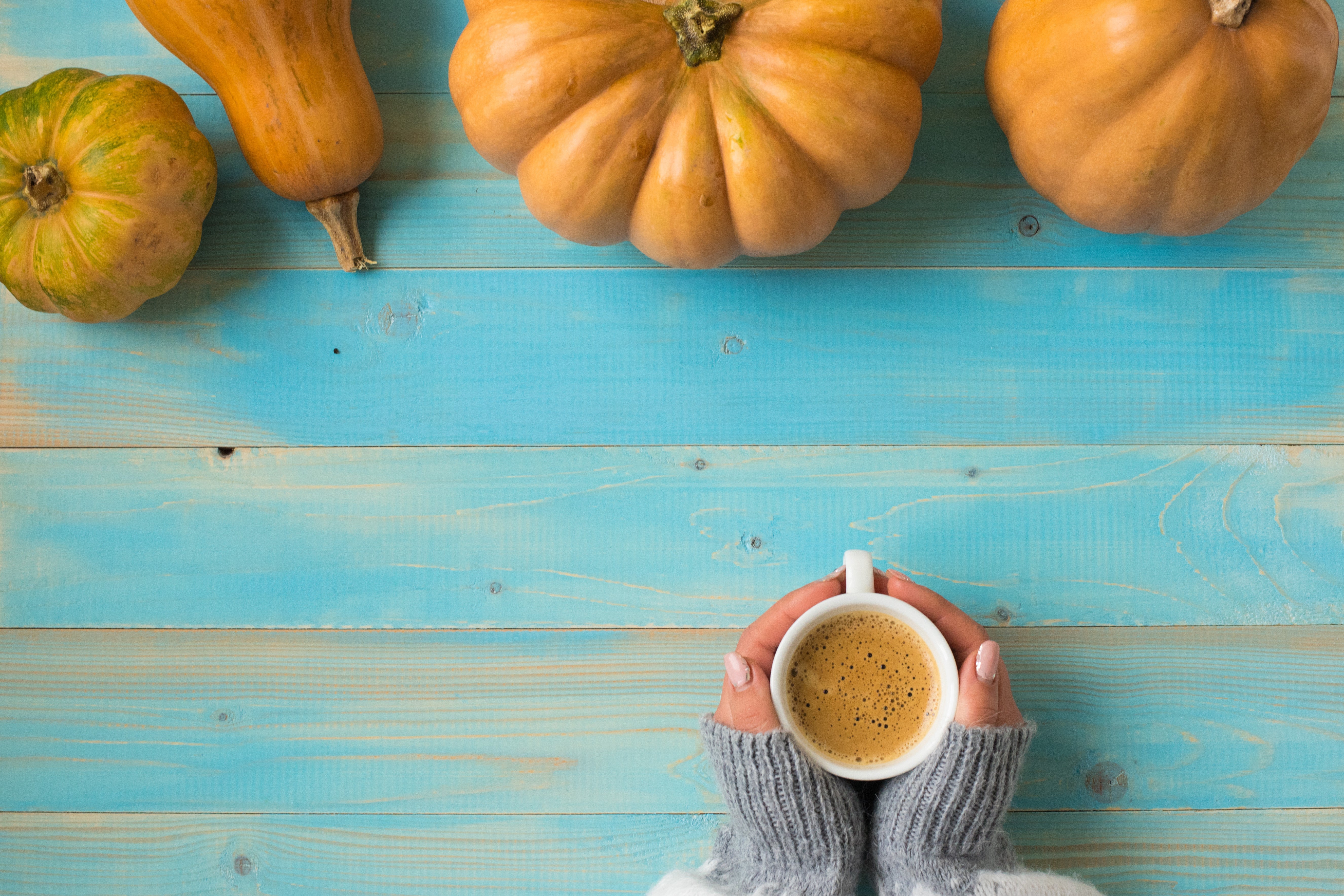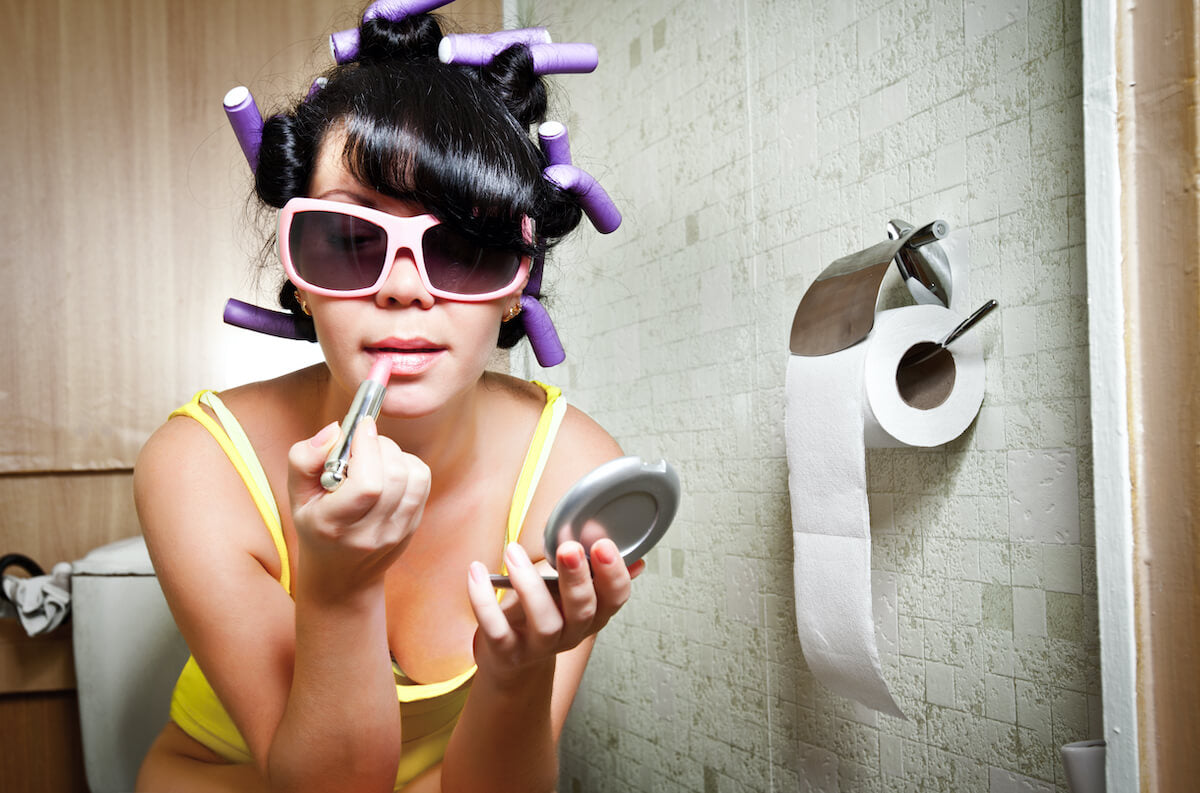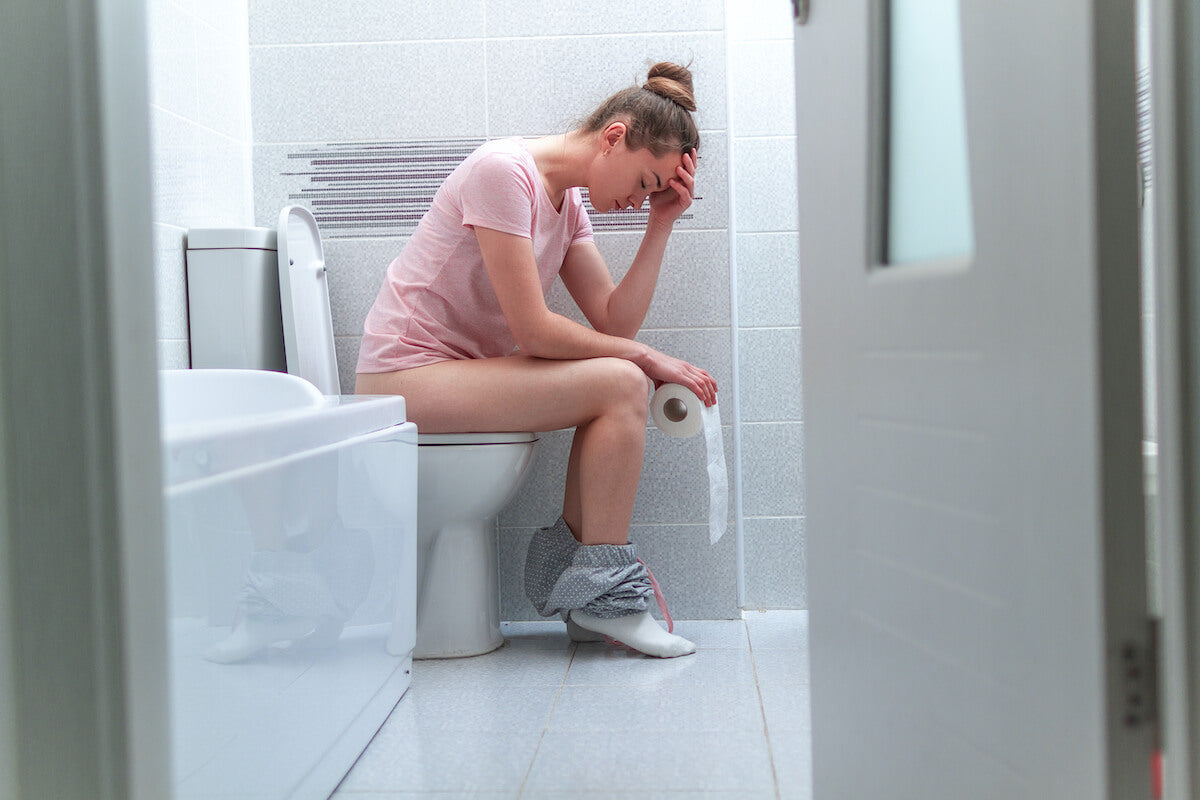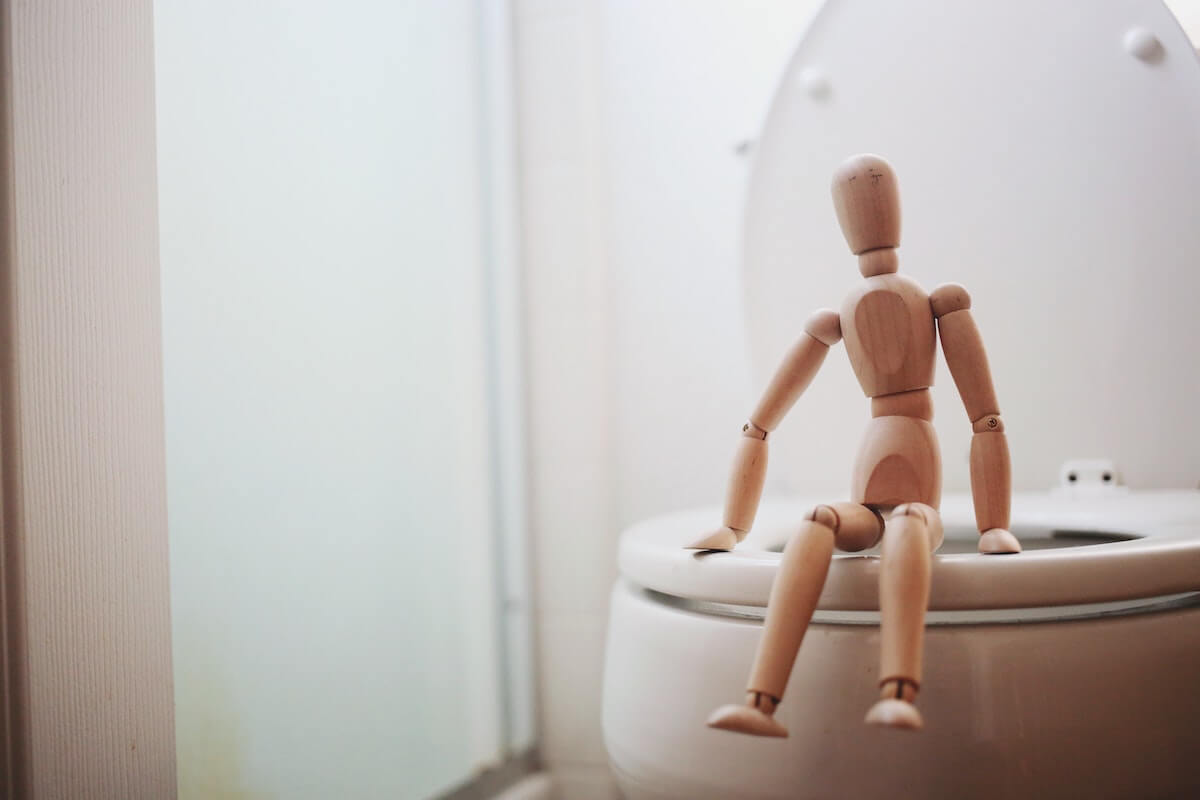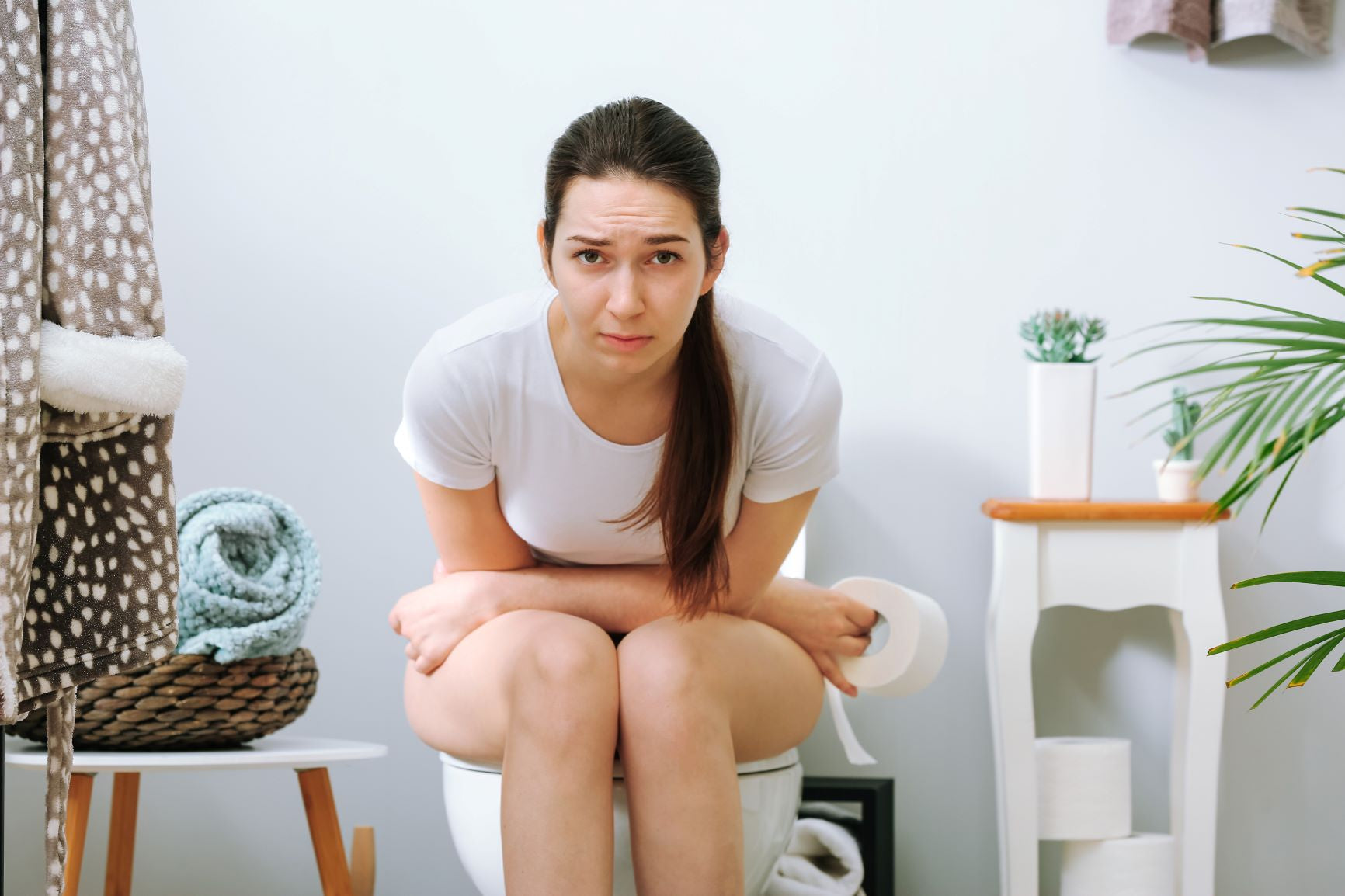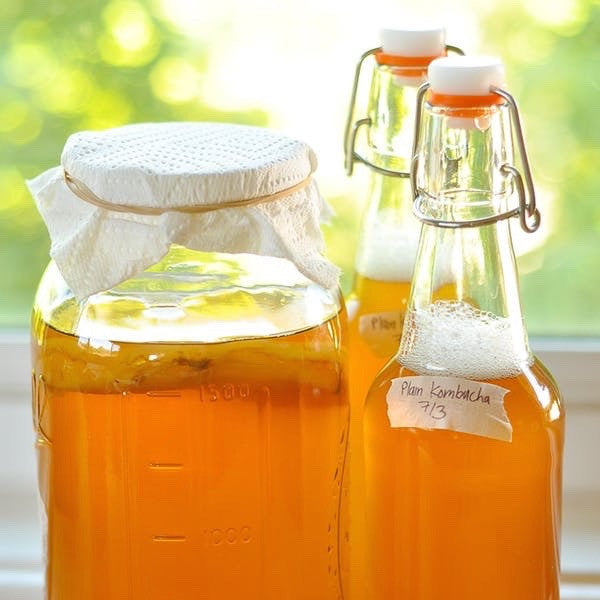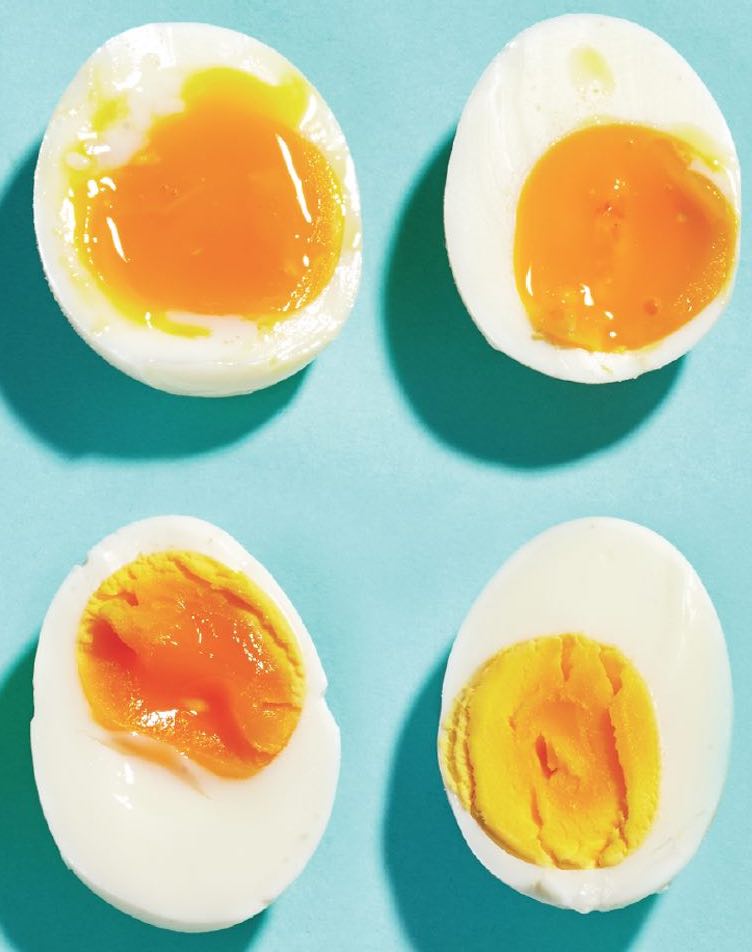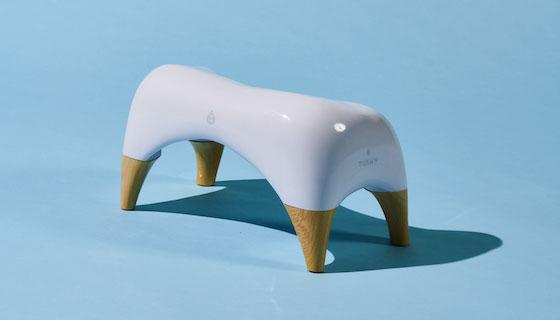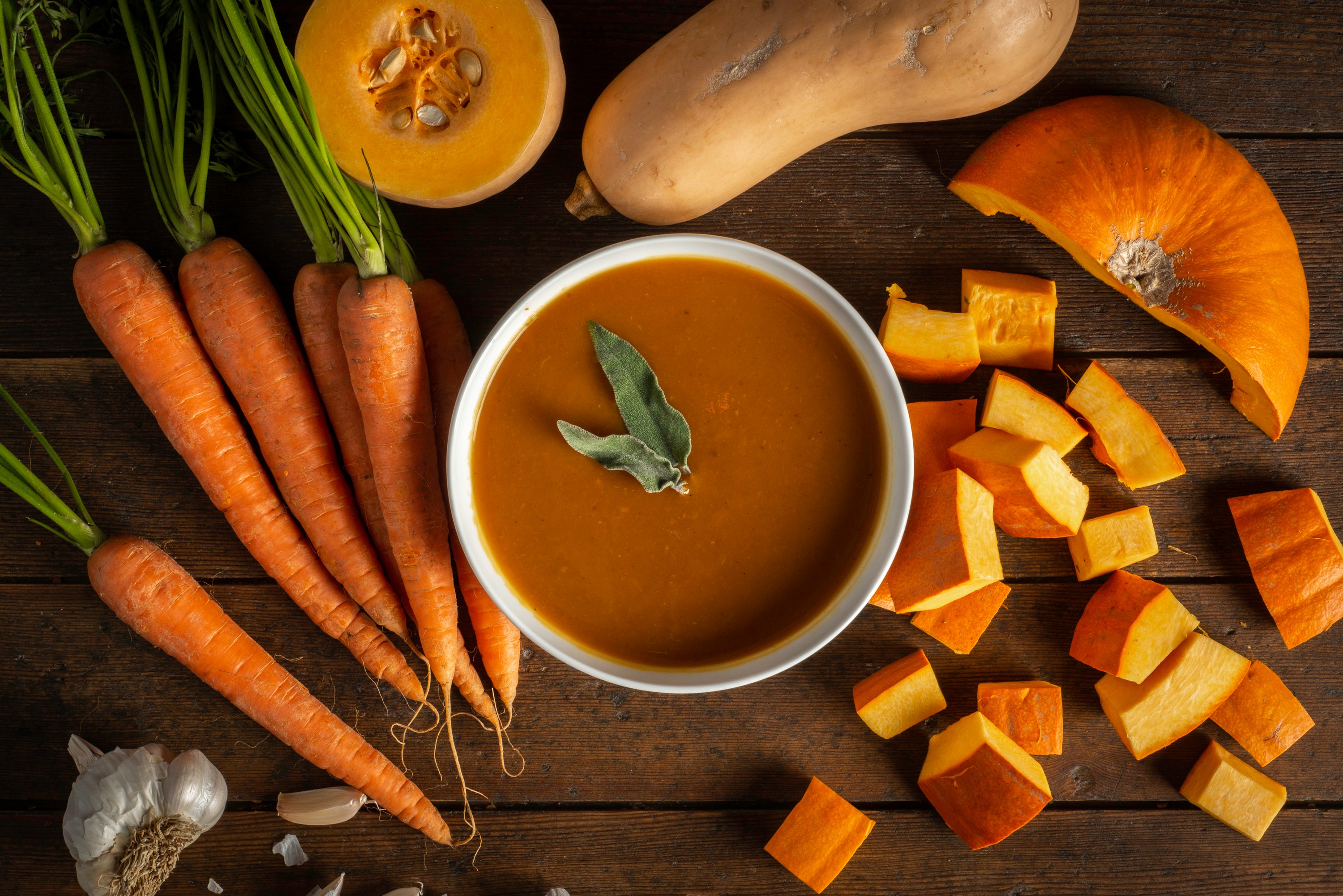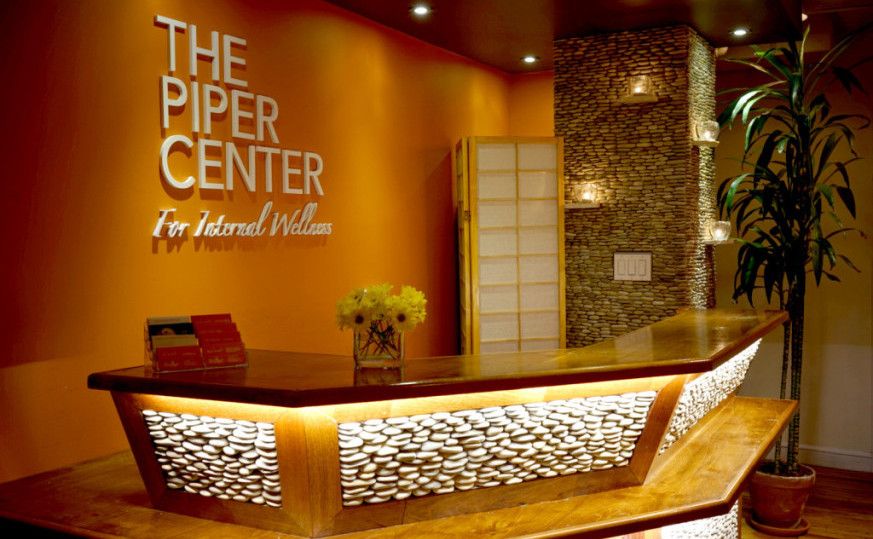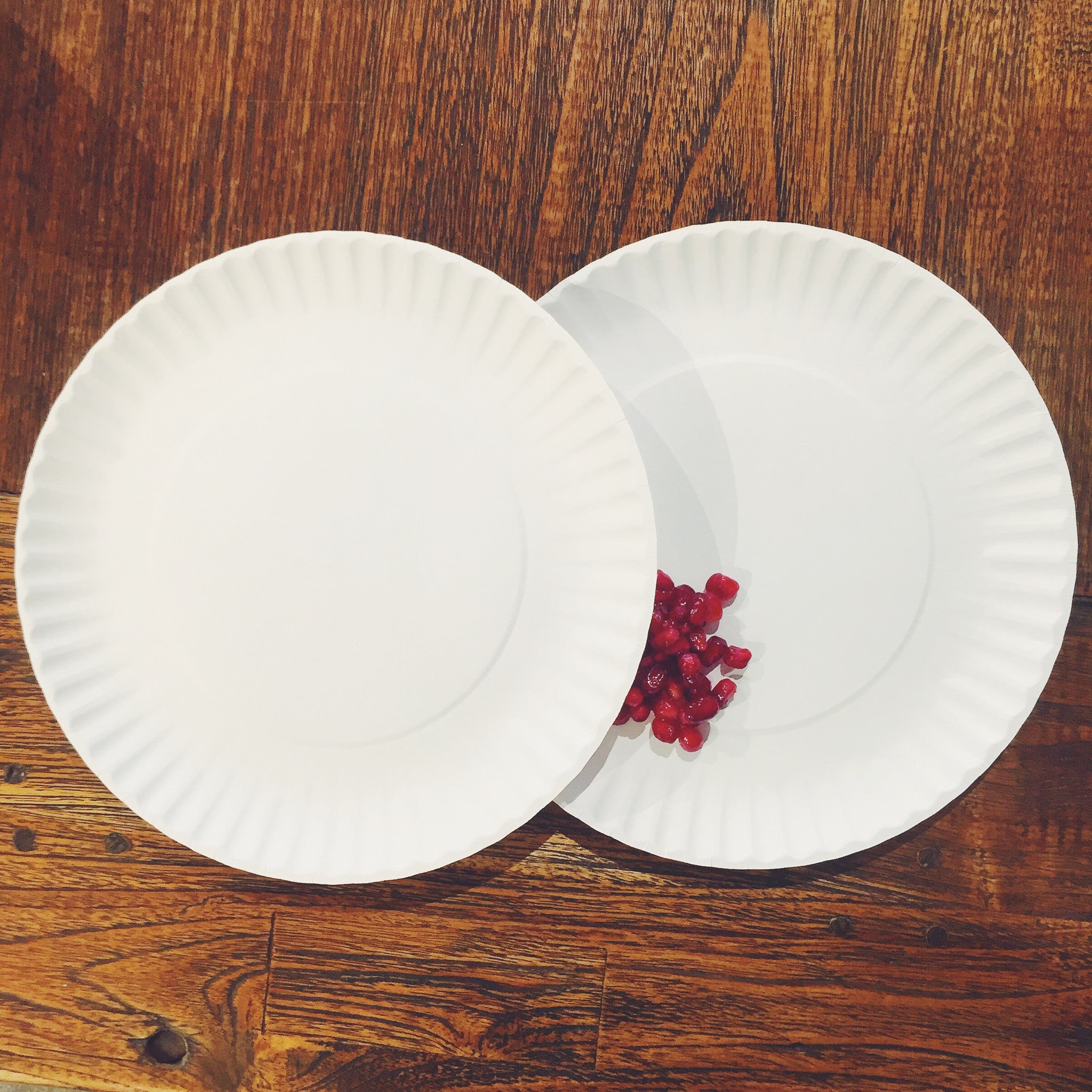“See that X-ray? You’re full of sh*t.”
Raise your hand if what you thought was organ failure turned out to be raging constipation. Hard poops are major bummers, causing bloating, cramping, pain while plopping and serious anxiety when it’s time to eat again. When things get backed up, you need something to relieve your constipation fast.
Table of Contents:
4 million poopers have frequent constipation, resulting in 2.5 million doctor visits annually. The secret to pooping bliss (and pooping fast) is to prevent constipation from happening in the first place. With our top quick fixes and lifestyle tips, you’ll be churning out soft-serve in no time.
What Is Constipation?
Constipation is classed as infrequent or difficult to pass bowel movements. “Infrequent” is a loose term, as everybody poops differently. Your brother might rip a load off 3-4 times a day, while you might take a week to produce that much doo doo.
Generally, if you’re going less than 3 times a week – or are grunting out the dryest hershey kisses ever – you’re constipated. Here’s why:
- You’re not drinking enough water: This causes your body to hydrate from within, resulting in hard poops.
- You’re not eating enough fiber: One of the key ingredients in the foods that make you poop, which leads to more compact, harder to pass poops.
- You’re not moving that a**: Physical activity promotes healthy digestion.
- You’re stressed or taking new meds: Chemical changes affect the movement of stool through your body.
Fear not, our constipated friend. Here are 15 TUSHY-tested methods to alleviate your backed up back end and poop fast:
15 Ways To Relieve Constipation Fast
1. Eat More Fiber
Fiber bulks out the weight and size of your dookie. But won’t that be harder to pass? Nope! Fiber also softens your plop with a voluminous girth that stimulates the natural contractions of the large intestines.
Fiber can be taken as a supplement – think water-soluble options like psyllium husk. But the best way is the old way, straight from your plate. Aim for 25-30 grams daily of:
- Brown rice
- Beans
- Flax seeds
- Nuts
- Fibrous veggies like spinach or brussel sprouts
- Fibrous fruits like berries, mangoes or prunes
- Whole grain pasta and bread
2. Enjoy A Tall Glass of Water
The golden rule of learning how to poop fast: Hydration. Make it your goal to down 12 glasses (yes 12!) a day. That amounts to 1.5 liters.
Dehydration is a common cause of constipation. Your intestines aren’t able to add enough H2O to your BM to get it across the finish line. This results in dry, lumpy doos that get stuck in the pooping process.
12 glasses gives your body the water it needs to refresh your system and help break down food in the gut. Think of it like a shower for your colon! It’s absolutely crucial for constipation prevention and relief.
3. Give Coffee a Try
Coffee is a natural stimulant and an A+ diuretic. Studies show that 29% of people will have to do #2 within 20 minutes of their morning brown brew. The caffeine helps activate the muscles around your colon, which is a reliable way to get you to poop in the morning.
There’s been debate that coffee dehydrates your body, as it produces more urine. But most research suggests that the fluid in caffeinated drinks balances the diuretic effect. You should be fine if you follow our #2 point above.
4. Get That A** Moving
Getting your bod moving helps get that BM grooving. Exercise (especially cardio) helps boost your blood flow. When the blood pumps harder around your intestinal muscles, it causes stronger contractions around your digestive tract. The stronger the contractions, the quicker your food moves through the GI system. Just 30 minutes of physical activity each day can make a huge difference (in your toilet).
5. Try a Laxative
Laxative stimulants are a time-tested constipation ender. Generally, laxatives have chemicals that help bulk up your poos to make them more mobile and increase frequency for temporary constipation relief. Stimulant laxatives kick your intestinal lining into action, which speeds up the stool’s journey through the large intestine. Go-to laxatives of this nature include Bisacodyl medications like Durolax, Ducodyl, Correctol, or senna-sennosides like Senokot.
Don’t fall in love, though: Laxatives shouldn’t be relied on long-term, as your intestines can become dependent on the chemical reaction to produce a bowel movement.
6. How About A (C)Osmotics Cocktail?
In the straight-up X-rated words of WebMD, “The wetter the better is the osmotic laxative’s mission.” Ok, girlie! This type of laxative draws fluids into the intestine, which hydrates the stools to make them easier to pass. Drink lots of water with osmotic laxatives, which include MiraLAX and magnesium hydroxide medications like Phillips Milk of Magnesia.
7. Massage Your Colon
You don’t simply deserve a little massage — you may need one! Colonic massage helps to relieve constipation by releasing gas and waste products. And it downgrades stress, which is a real bowel clencher (and cause of constipation). Be sure to drink lots of water before and after the rub down to flush out the aftermath.
8. Squat to Poop
Good pooping position reduces strain and allows for more complete bowel emptying than standard toilet position. As an added bonus, squatting may prevent hemorrhoids (also associated with straining). If you don’t have a TUSHY Ottoman, treat yourself (and your constipation) to proper pooping posture.
9. Get Slippery With A Suppository
What goes up must come down. In this case, suppositories are going up (the butt). There, they lubricate and soften the stool, and mildly irritate the bowels to prompt a poop. After inserting the suppository, resist the urge to push for at least 15 minutes to allow the medication to melt and dissolve in your bum. You can walk around your apartment or down an episode of Friends while you wait!
10. Keep Your Friends Close, But Your Enemas Closer
Enemas are rectal water infusions intended to clean out or stimulate the bowels. They’ve been used for centuries to treat chronic constipation. The most common types of enemas include water or saline (the least irritating option), Epsom salt (which is said to be more effective at relaxing bowel muscles), and sodium phosphate (irritates your rectum to prompt it to expand and release waste). They can be risky when self administered, so be sure to read up before you seek relief with this method. Protecting your butt bacteria and electrolyte levels is important!
11. Take A Peace Offer With A Stool Softener
A stool softener is a type of laxative, and they are gentle enough to use regularly. They aren’t the most potent laxative on the market, but if you have mild or temporary constipation this may be a great, less-explosive option.
12. Try A Low-FODMAP Diet
A low-FODMAP diet limits certain types of carbs that tend to exacerbate digestive issues. The diet is especially helpful for folks with irritable bowel syndrome, because FODMAPs draw water into the gut, which can cause bloating and fermentation.
If you want to give it a try, you’ll want to skip fructose, lactose, fructans, galactans and polyols. Low-FODMAP isn’t the quickest constipation fix (a trial of 6-8 weeks is needed to see if your gut responds), but it’s helpful to try in addition to our other suggestions to prevent the return of hard poops.
13. Become Pro(biotic) Pooper
Probiotics are healthy, beneficial bacteria that naturally occur in fermented foods. When you eat foods like kombucha and sauerkraut, the probiotics hang around the digestive tract and help regulate inflammation, immune function, heart health and digestion. Studies find that probiotics can also help reduce IBS symptoms and increase stool frequency. So, it’s definitely worth a try!
14. Olive Oil for Breakfast?
Olive oil is a natural laxative that is said to help soften stools. Since it isn’t a medicine, there isn’t a standard recommended dose. You can consider mixing a spoonful of EVOO in with orange juice in the morning, and taking it on an empty stomach. The effect should be mild, but this is an easy tactic to try to tackle constipation.
15. Sip Some Tea
Hot tea can help warm your gut and encourage a BM. And some herbs are especially helpful for constipation (think senna and ginger). If your gut is in knots, sip on a comforting warm drink to enjoy both hydration and herbal benefits..
Occasional vs. Chronic Constipation
Most of us have experienced clogged pipes, but not all constipation is created equal. Occasional constipation can happen suddenly and only last for a short period of time. It can be brought on by changes to our system due to travel, stress, dehydration or a new medication.
Chronic constipation may begin gradually and can last for weeks or months. A poor lifestyle and diet can cause chronic constipation, or there may be an underlying medical issue. Blockages, fecal impactions and a number of pelvic floor conditions can contribute to chronic constipation.
Prevention Tips
Even better than solving your constipation is preventing it in the first place. Prevention > Intervention. Because you’re too sexy to grunt and strain!
- Limit highly processed, low-fiber foods: Red meat, white bread and dairy are the biggest offenders here.
- Reduce alcohol intake: Alcohol bevvies dehydrate the body. Try cutting back, or follow up your glass of wine with a tall pour of water.
- Get plenty of sleep: Every cell in our body relies on sleep to be healthy. Your downtime directly affects your brown-town time.
- Try a bidet: Regular bidet usage relaxes your rectum and helps prevent conditions that can make constipation worse (like a hemorrhoid flare-up). Pre-washing your butthole for a few secs can also stimulate your poop reflex.
When To See a Doctor
Constipation affects roughly 16% of adults, so it’s very common. When paired with other symptoms, you may have a bigger health problem. If you’re experiencing fainting, black or bloody stool, rectal bleeding, breathing problems, a rigid bloated or painful abdomen, fever (101 degrees or higher), rapid heart rate, yellowing of the skin or eyes or vomiting – seek medical attention ASAP. Otherwise, you may as well rinse, wash and repeat with some of the above. Best of luck to your butthole!


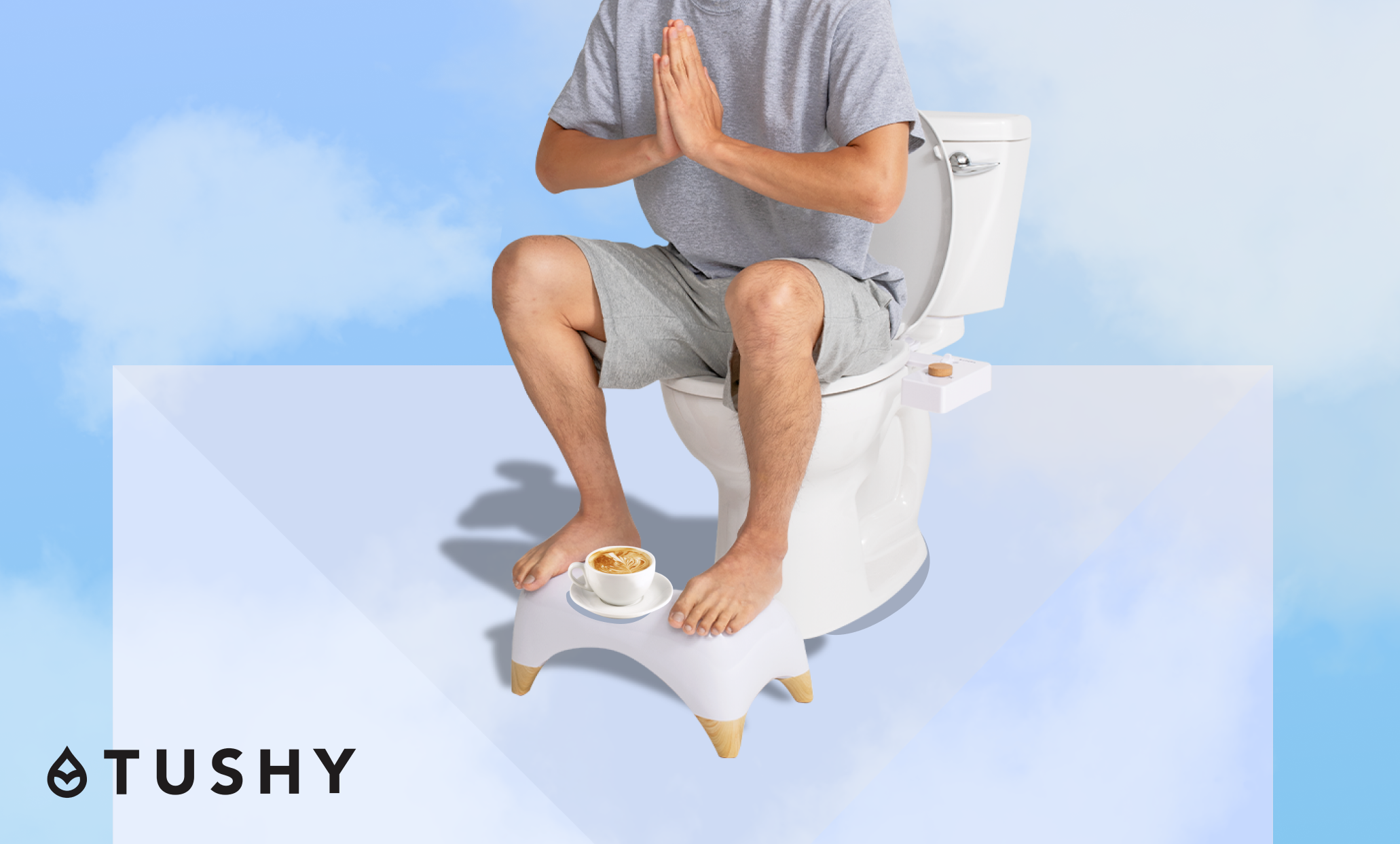
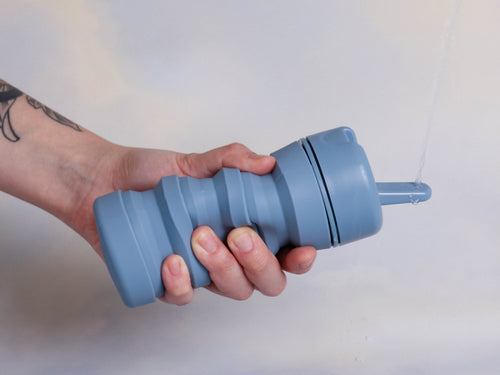
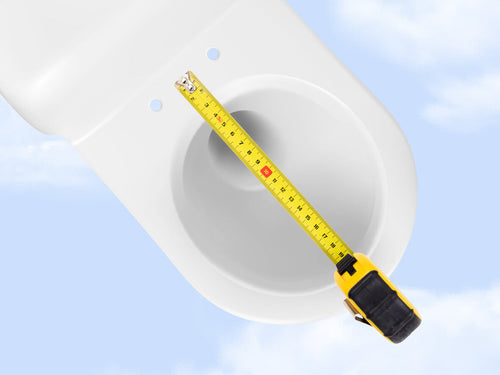
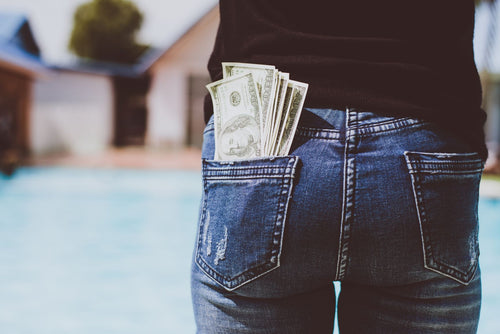


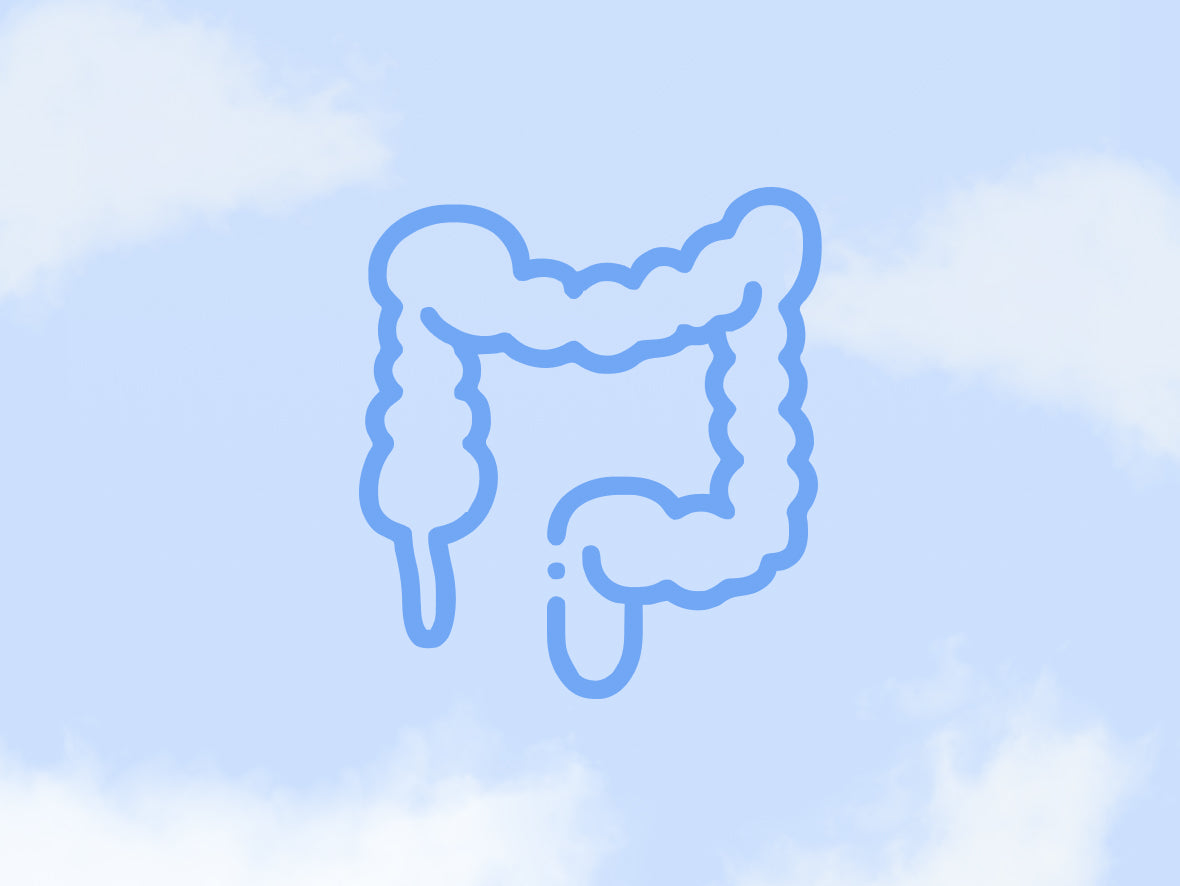
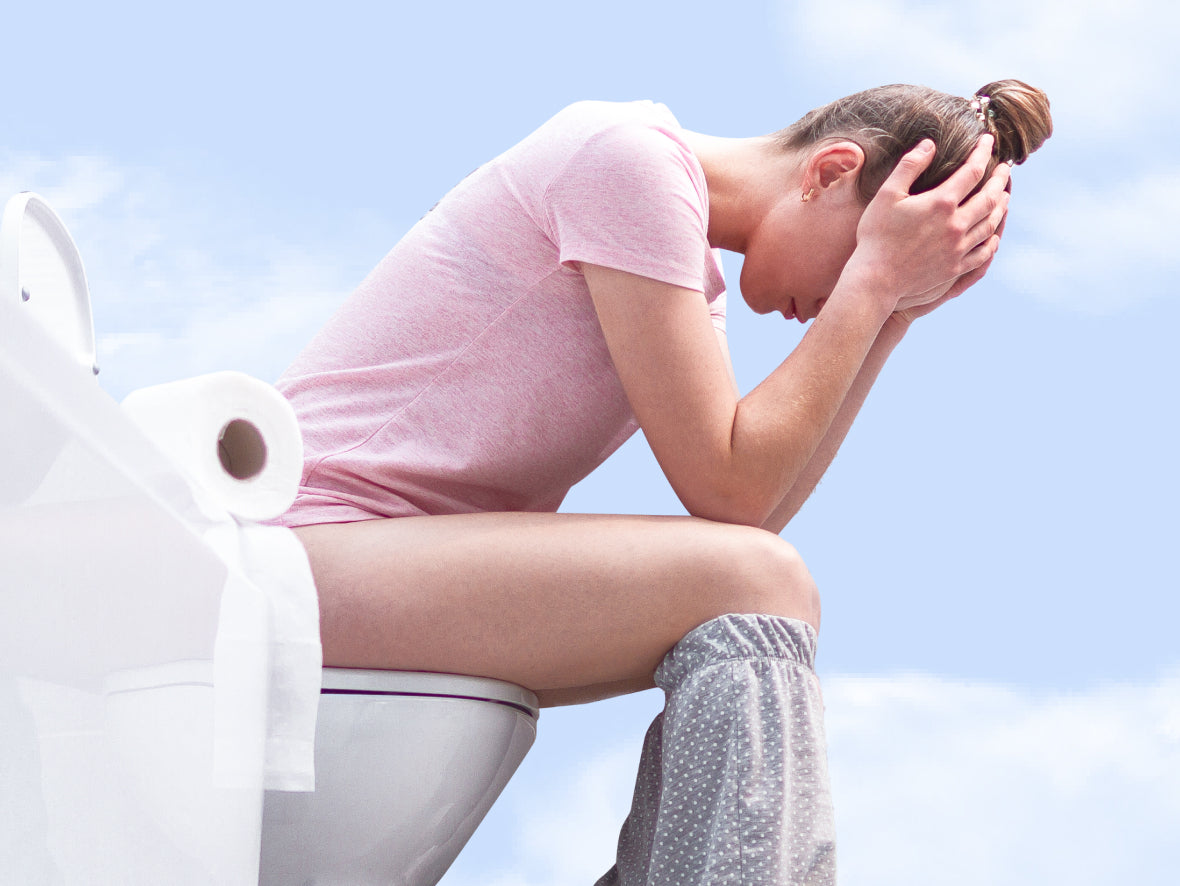
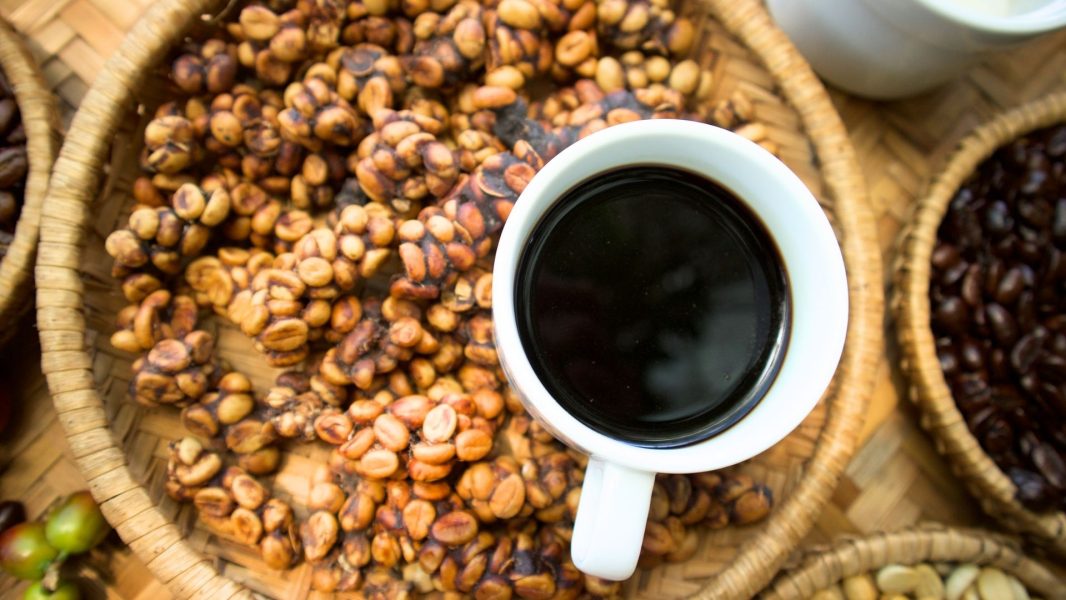
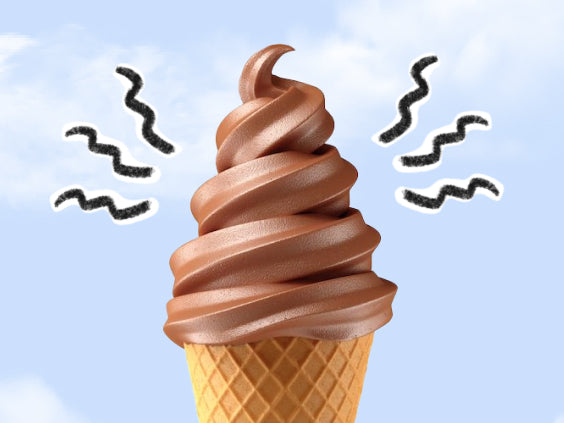
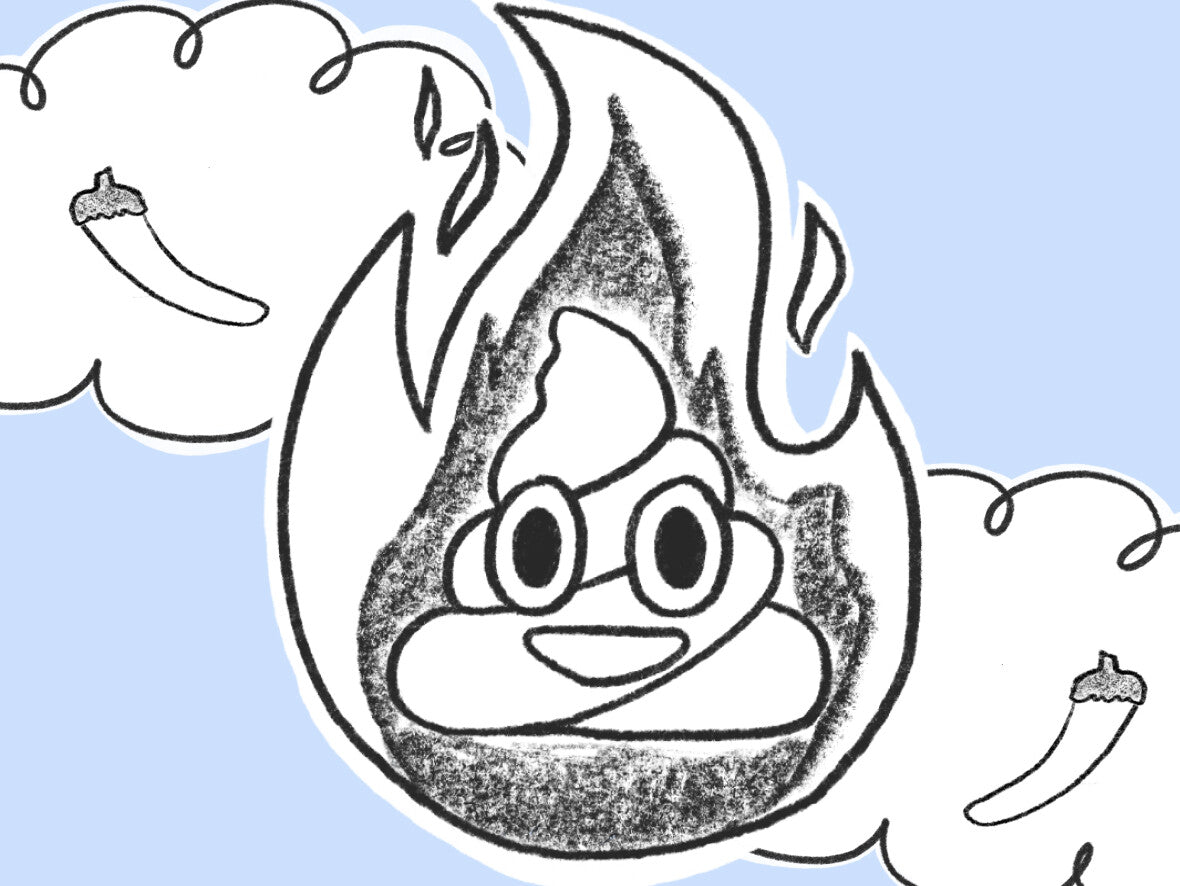
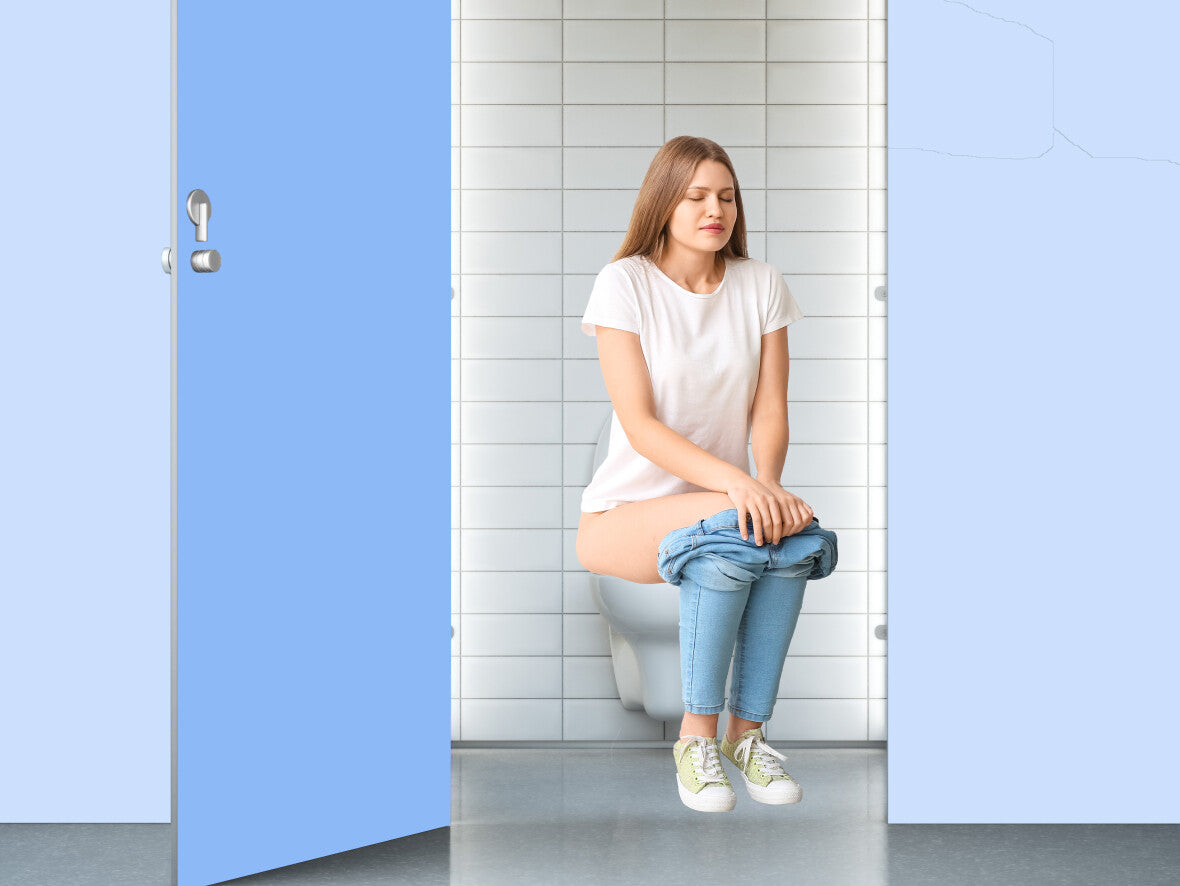
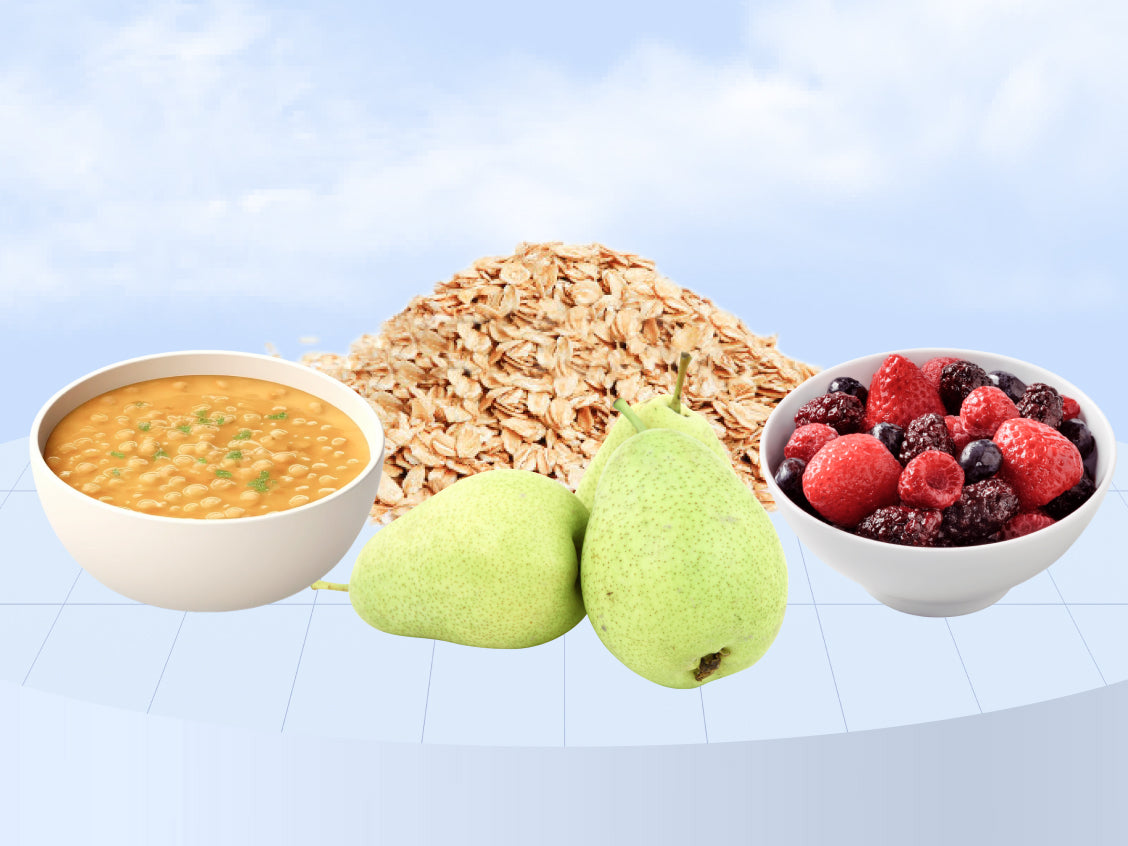
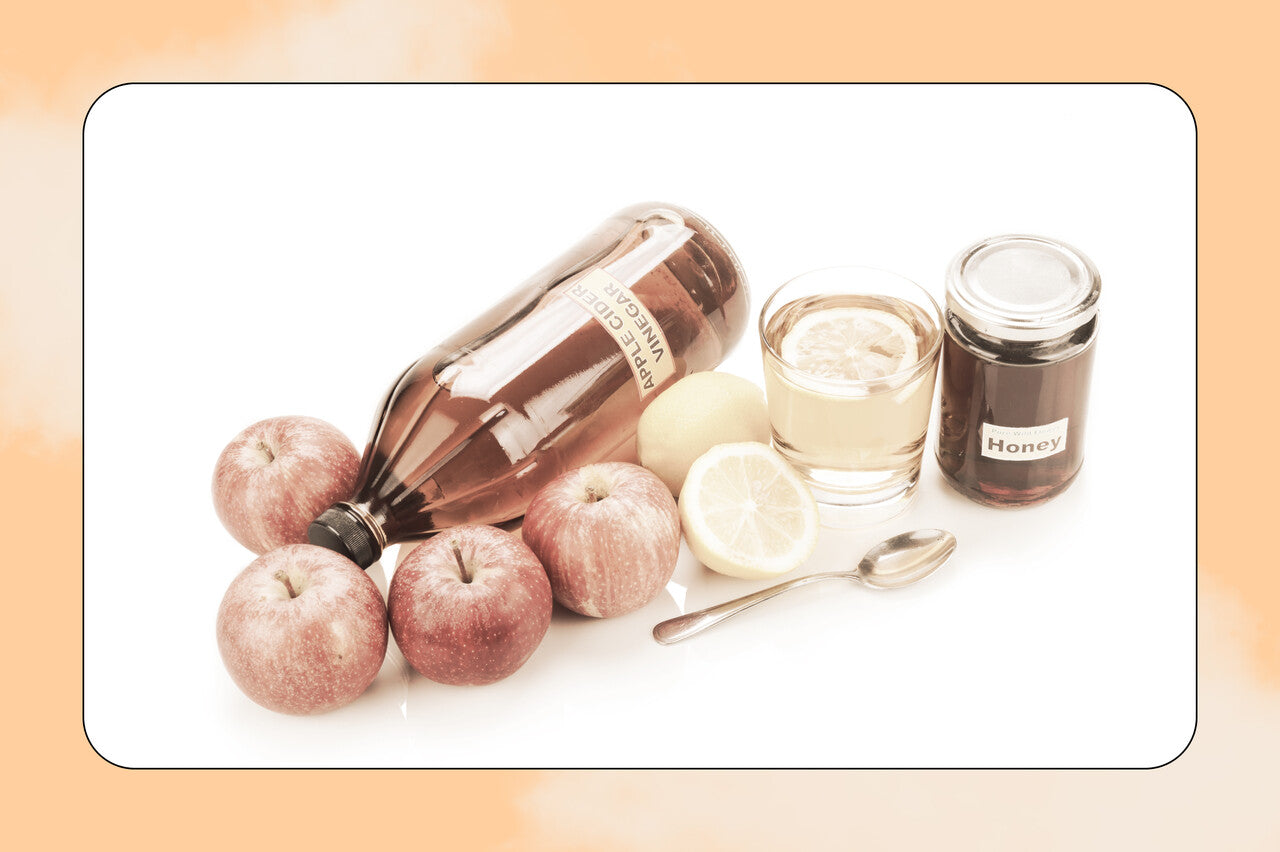
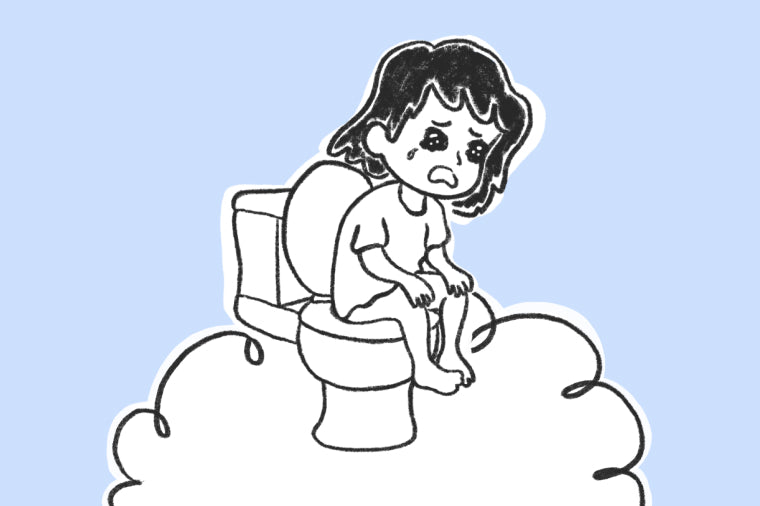

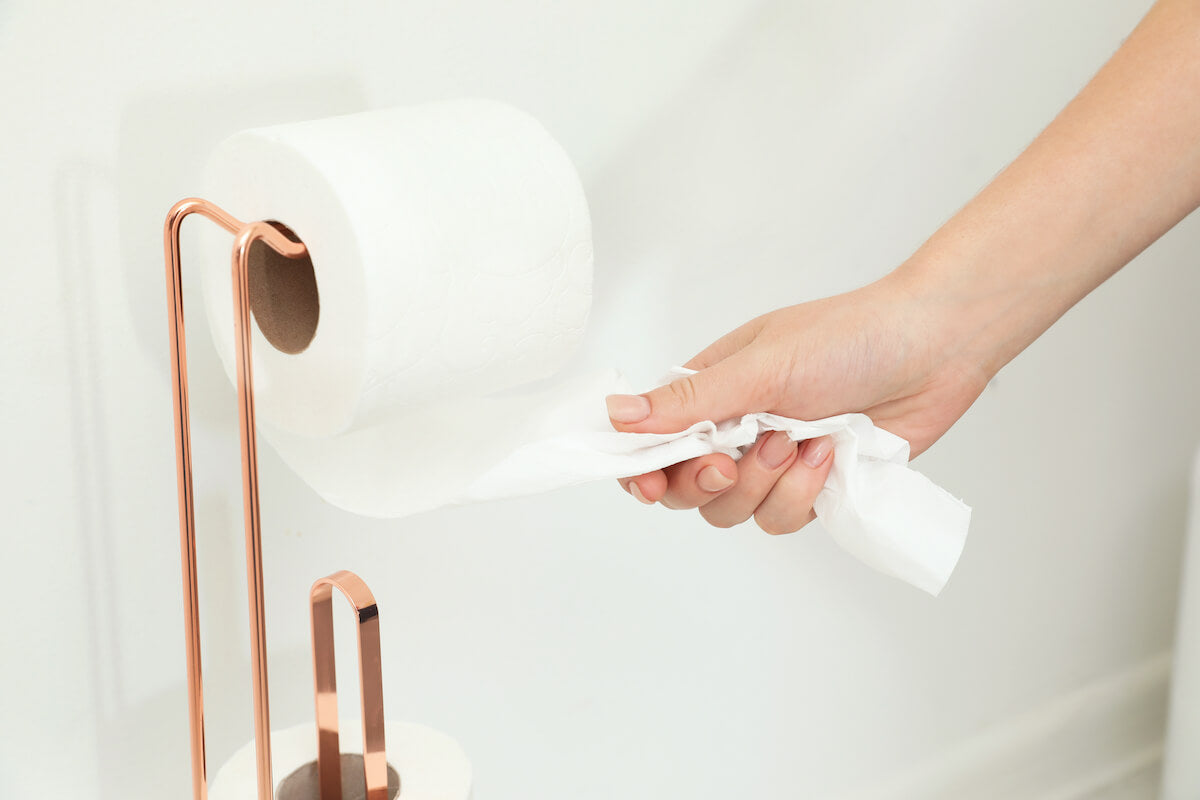
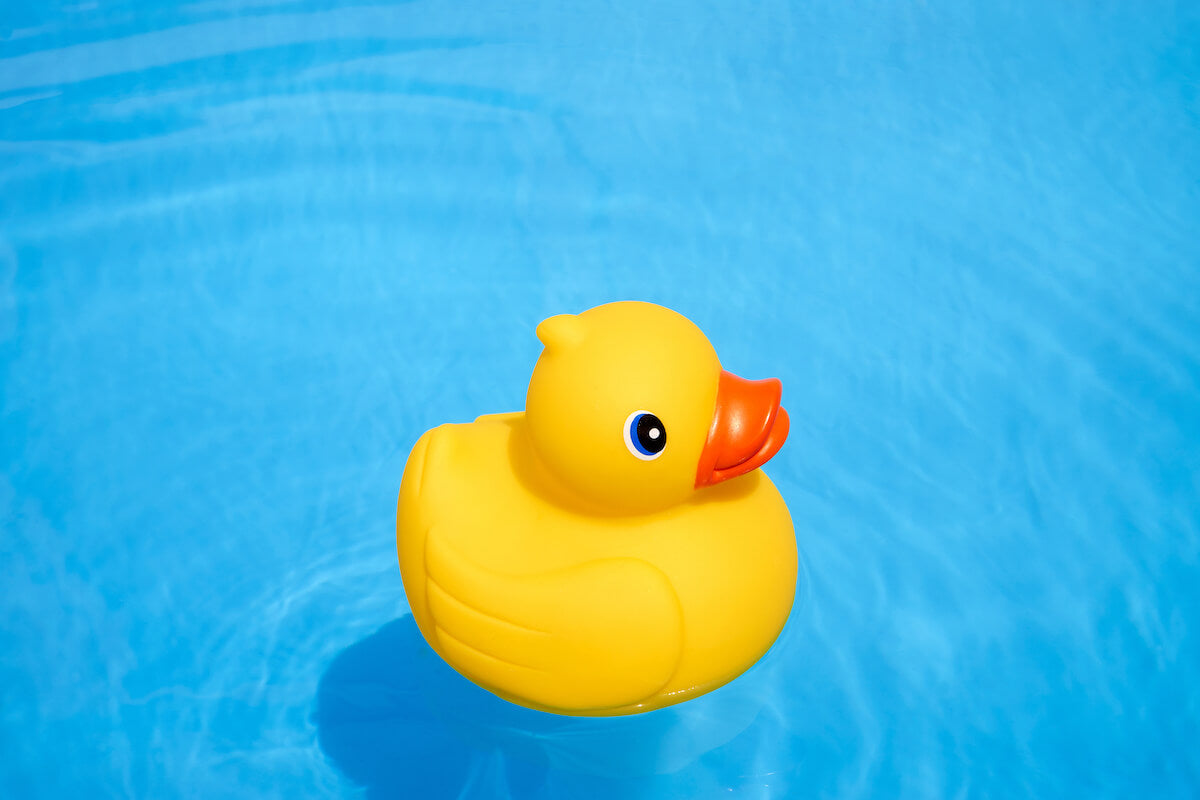
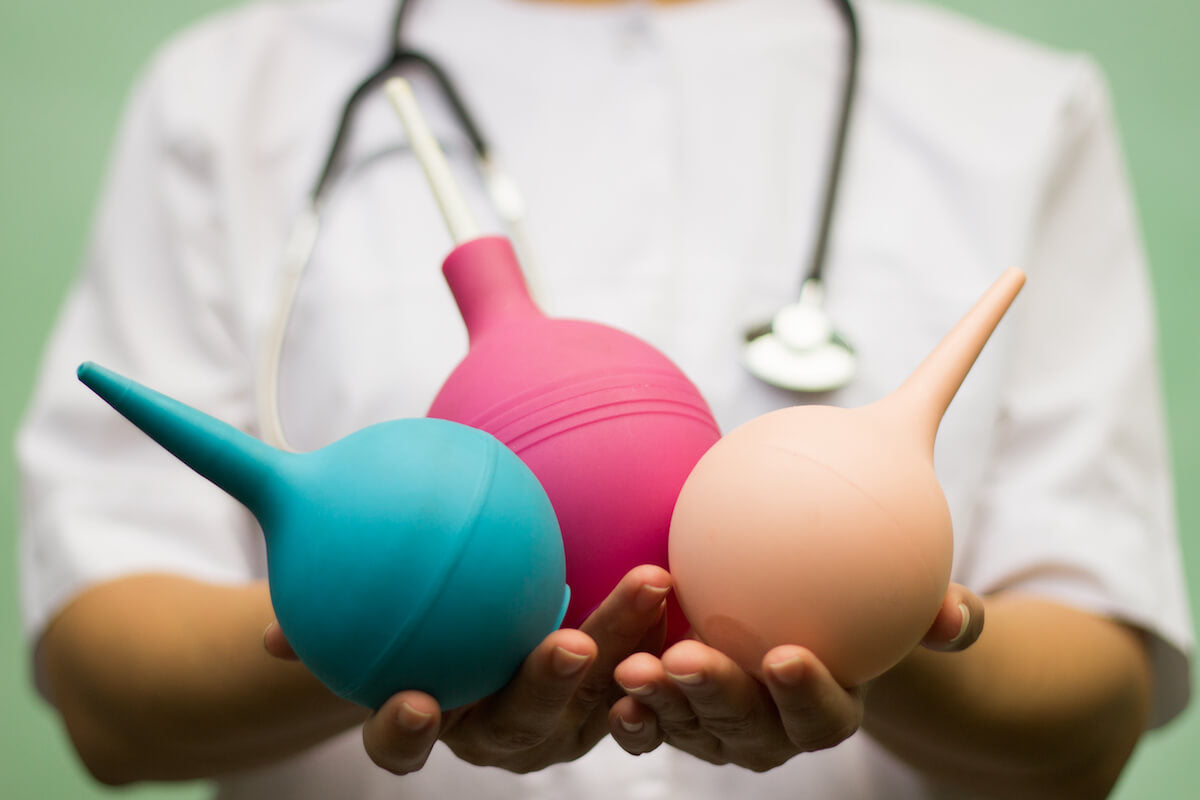
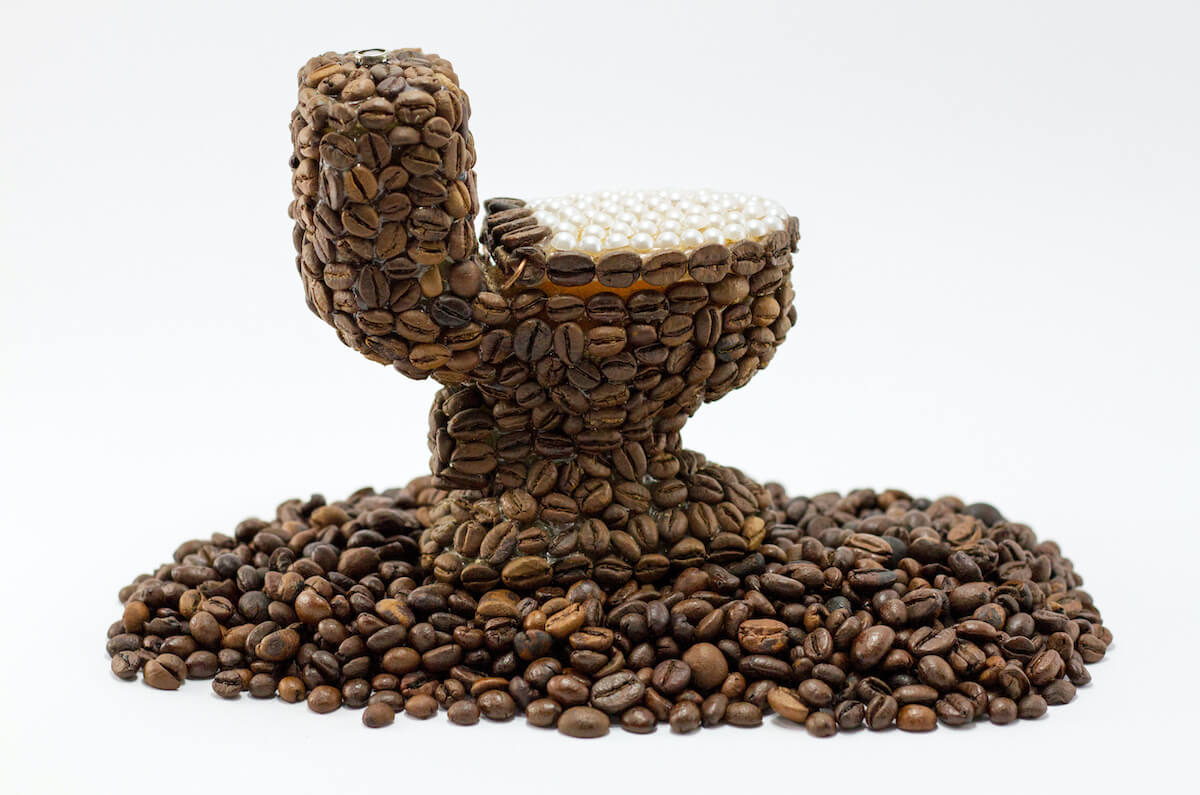
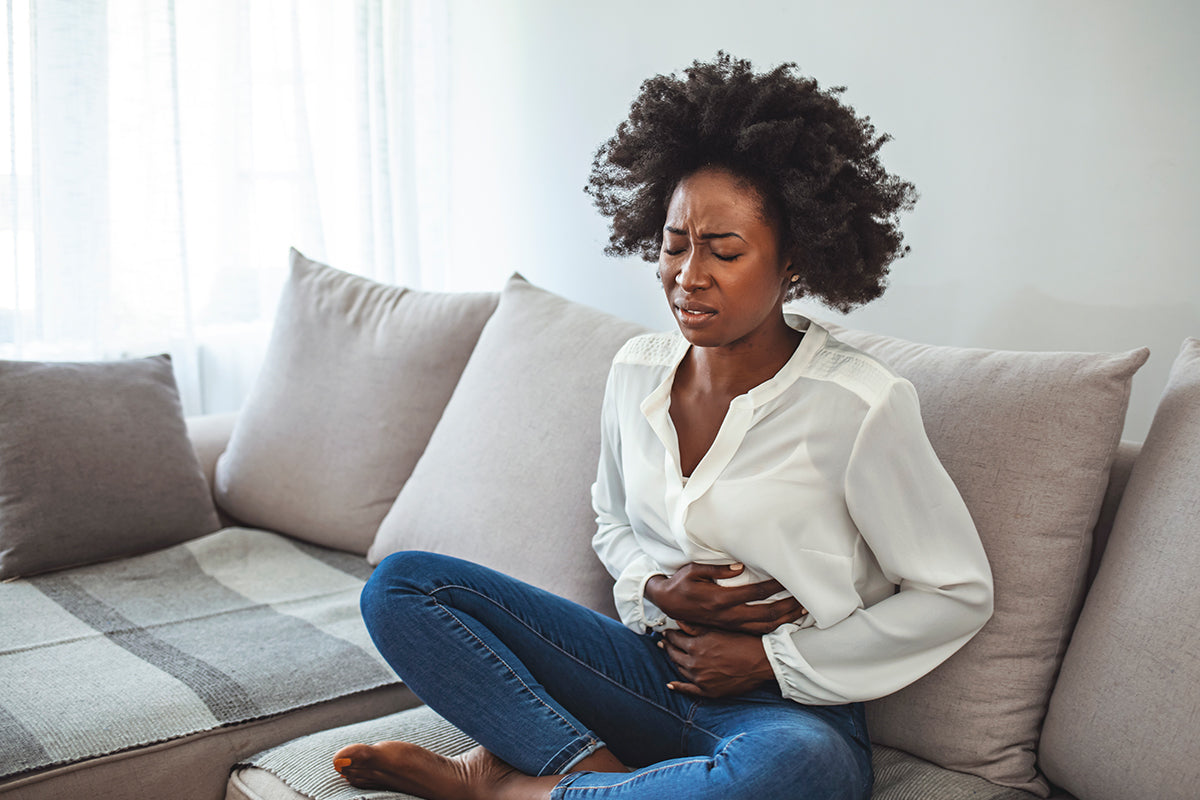
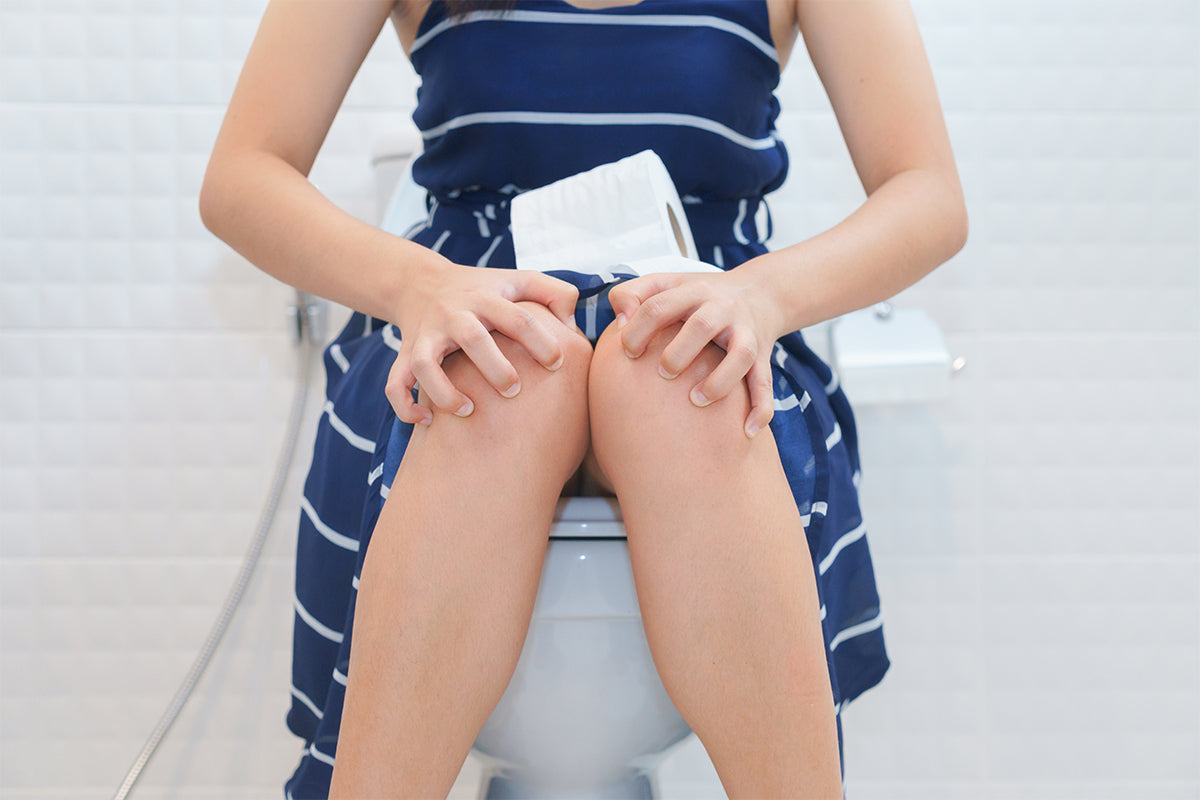
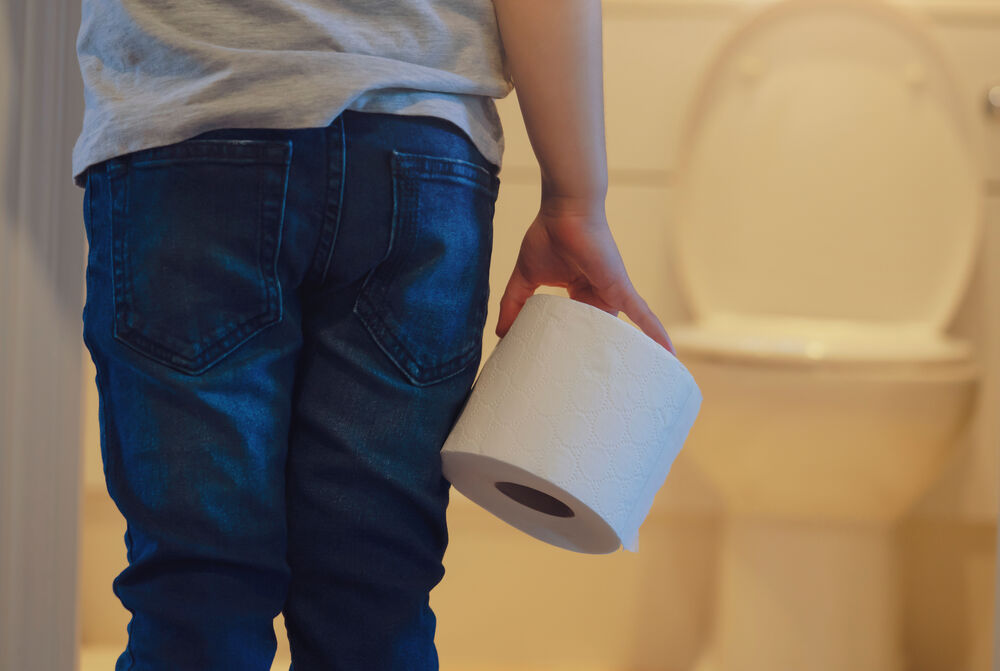

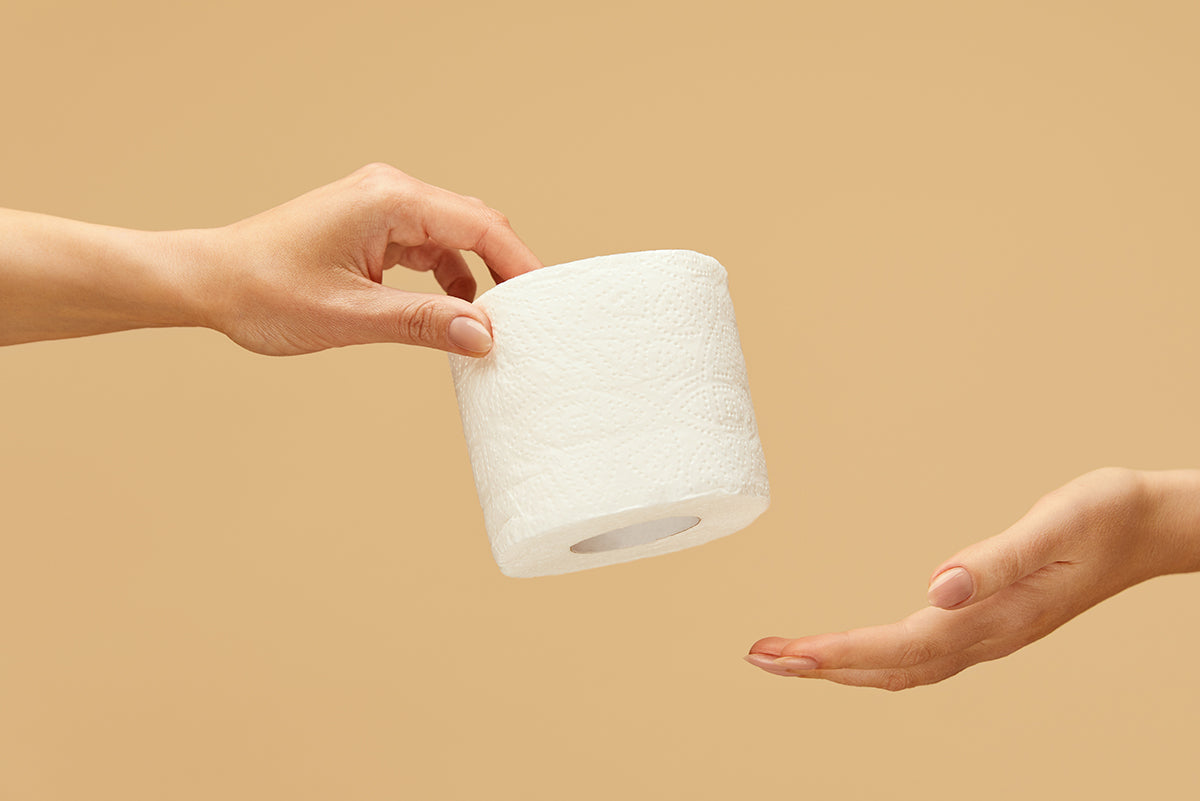
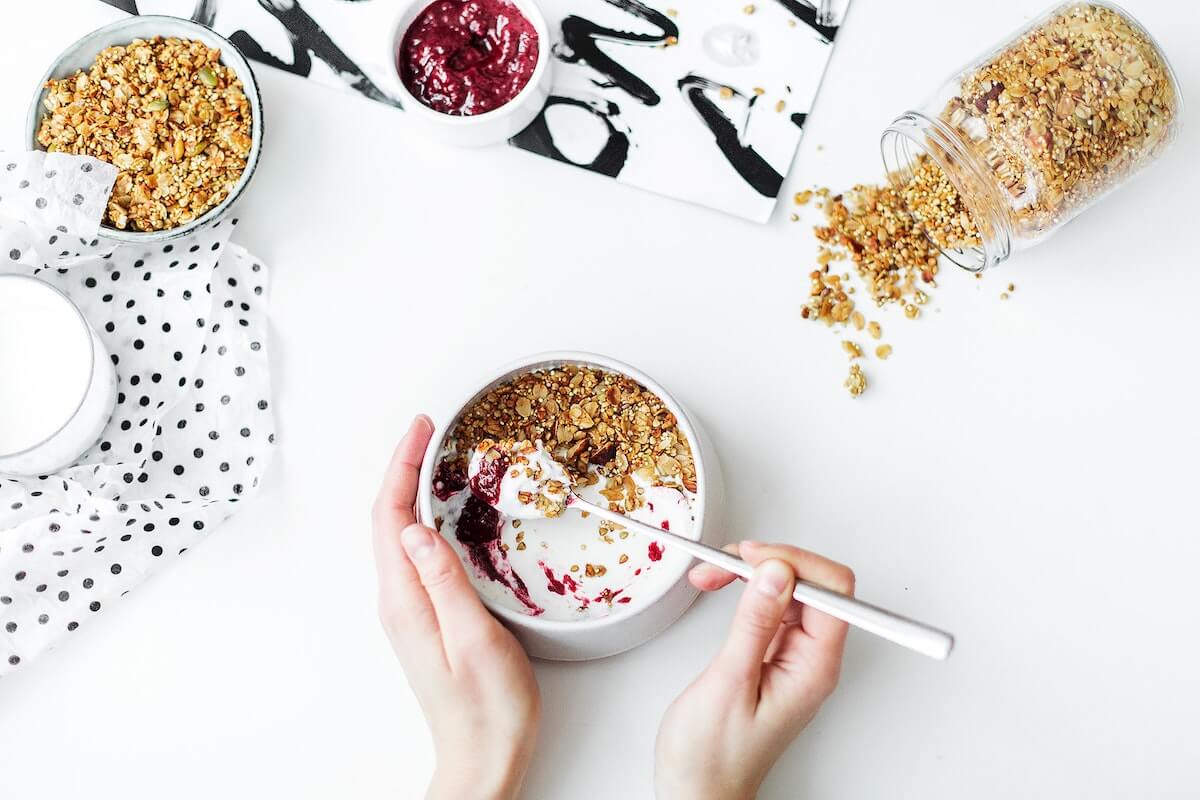
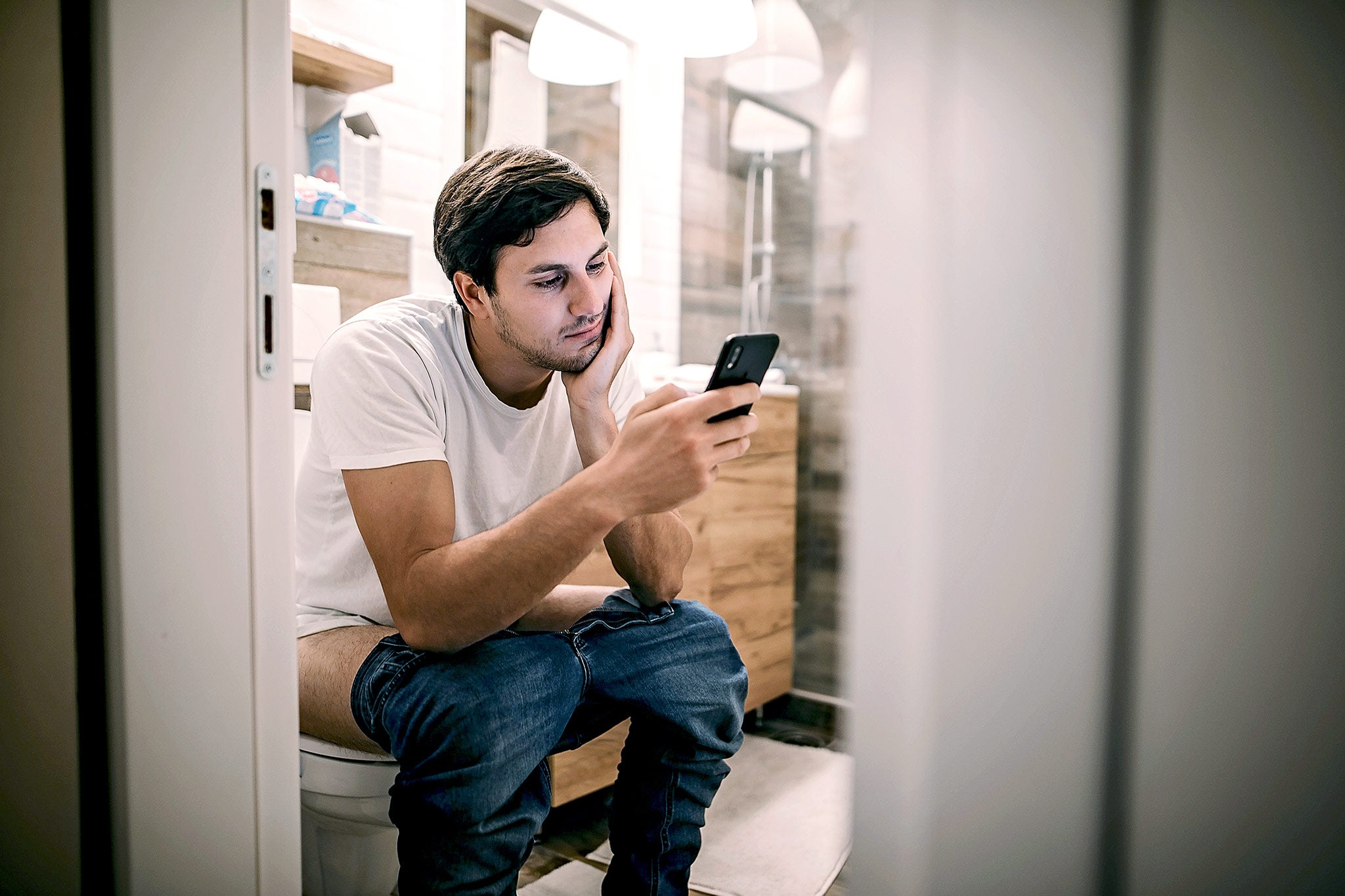
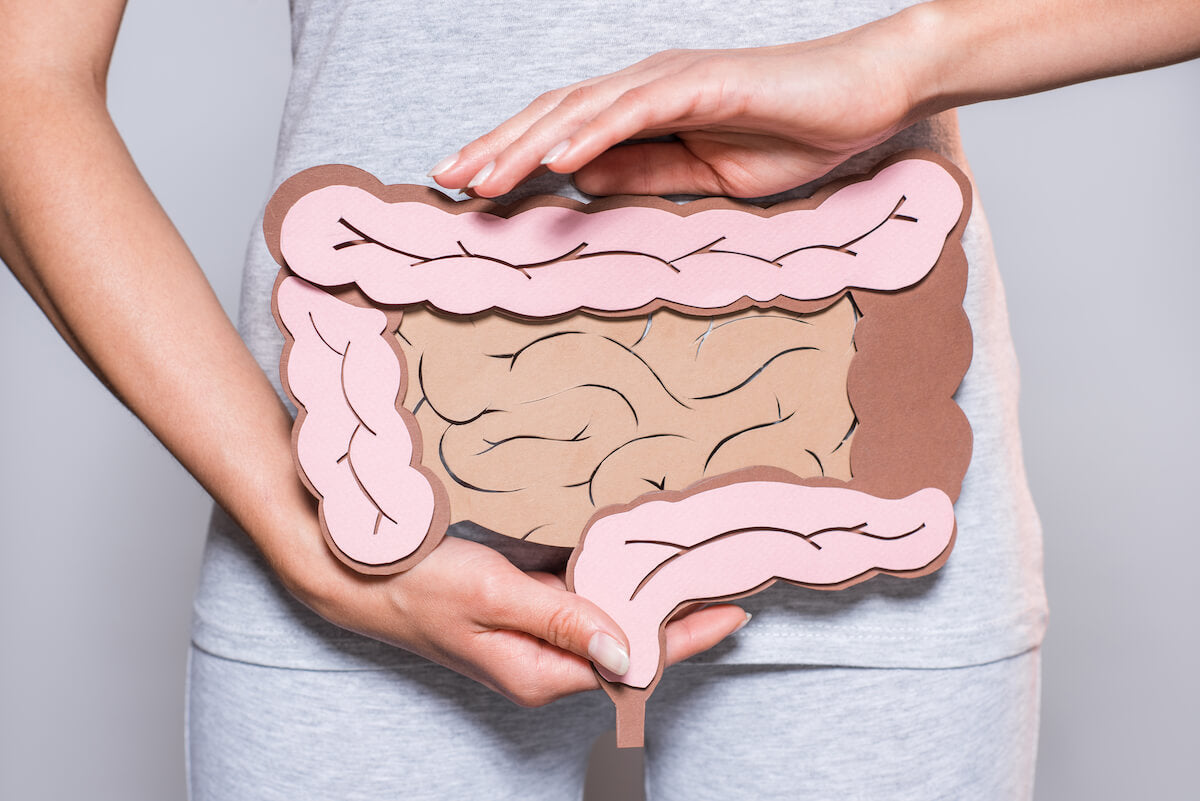
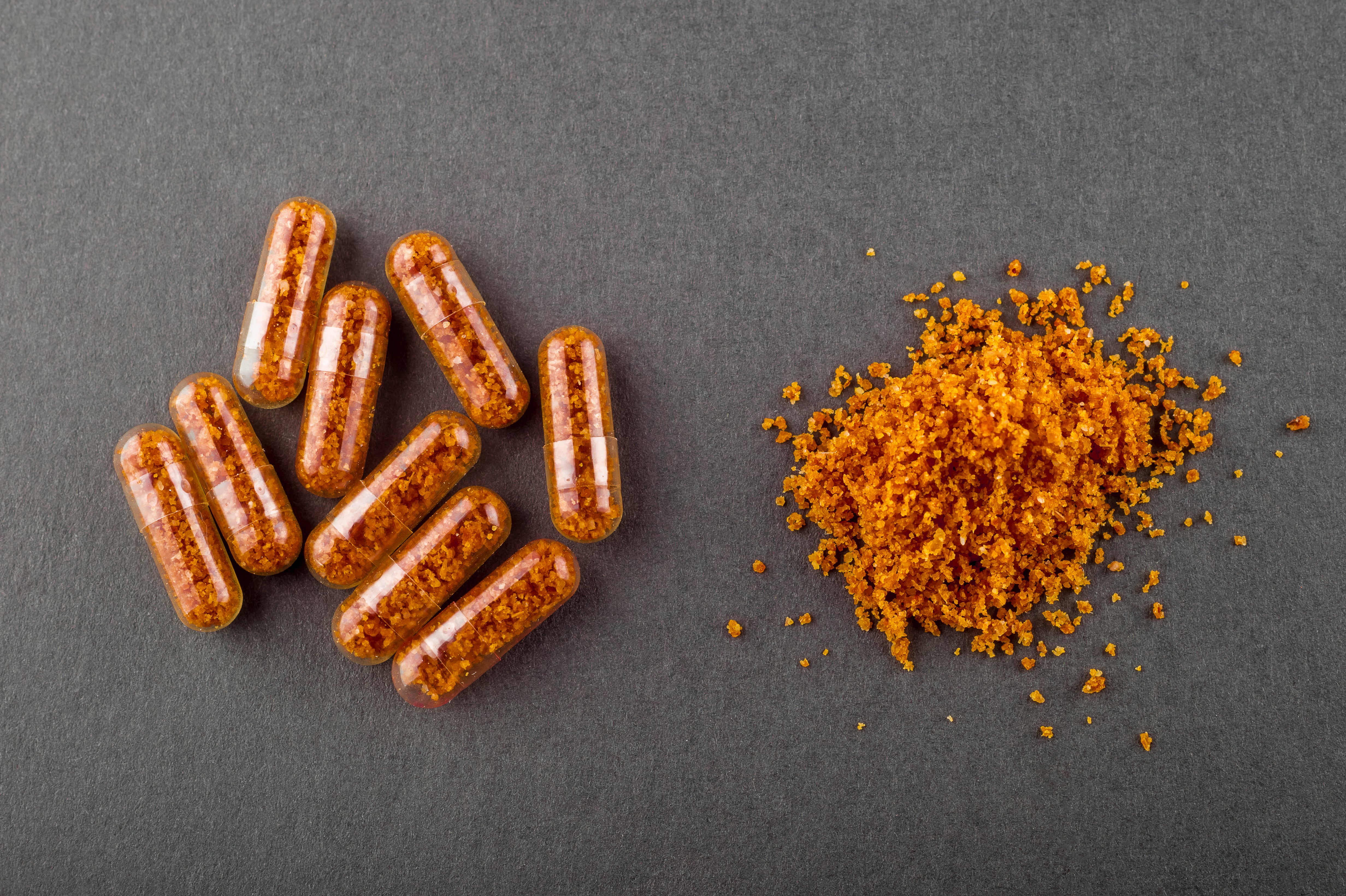
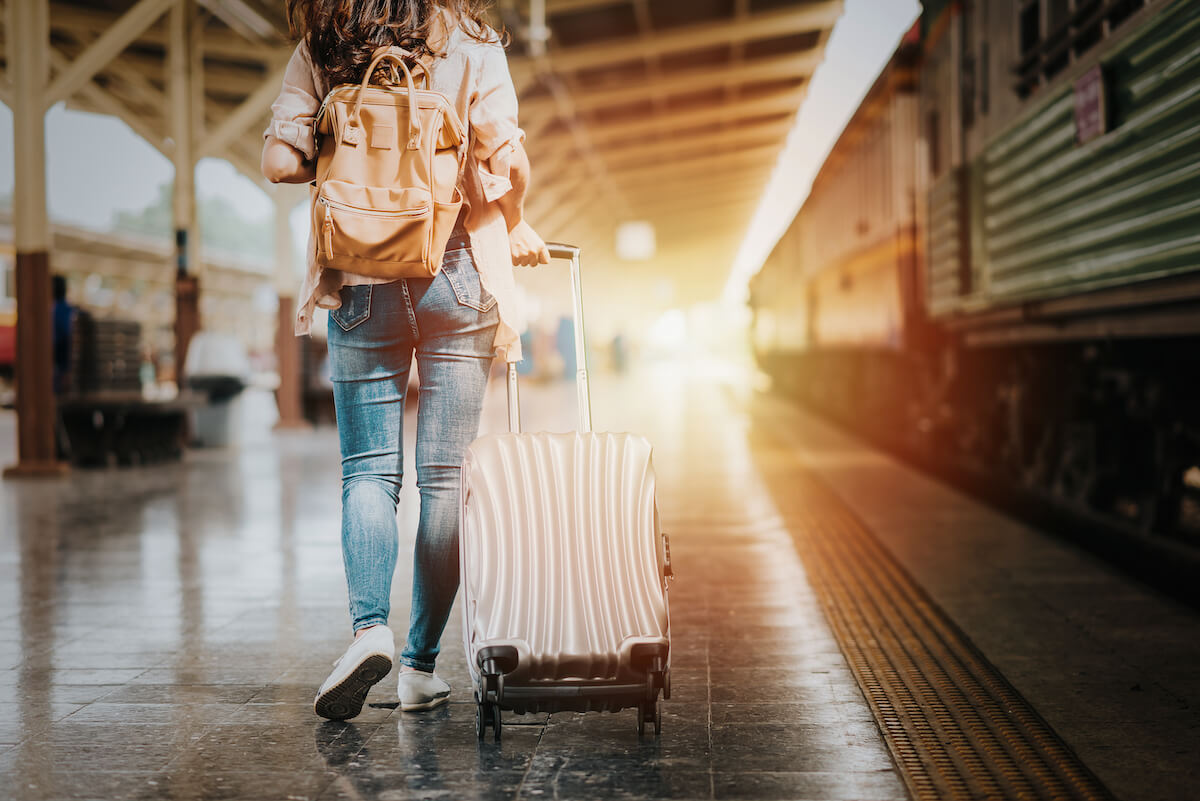
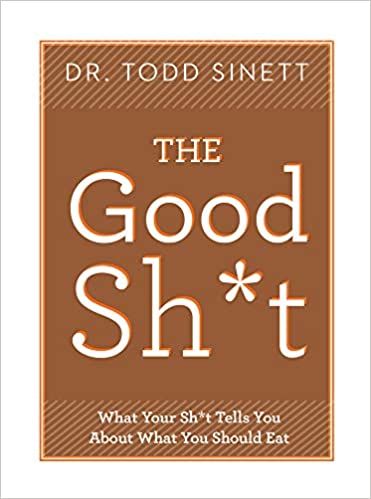
![[Survey] How Long Should You Date Before You Defecate?](http://hellotushy.com/cdn/shop/articles/how-long-should-you-date-before-you-defecate-hero.jpg?v=1611359305)

